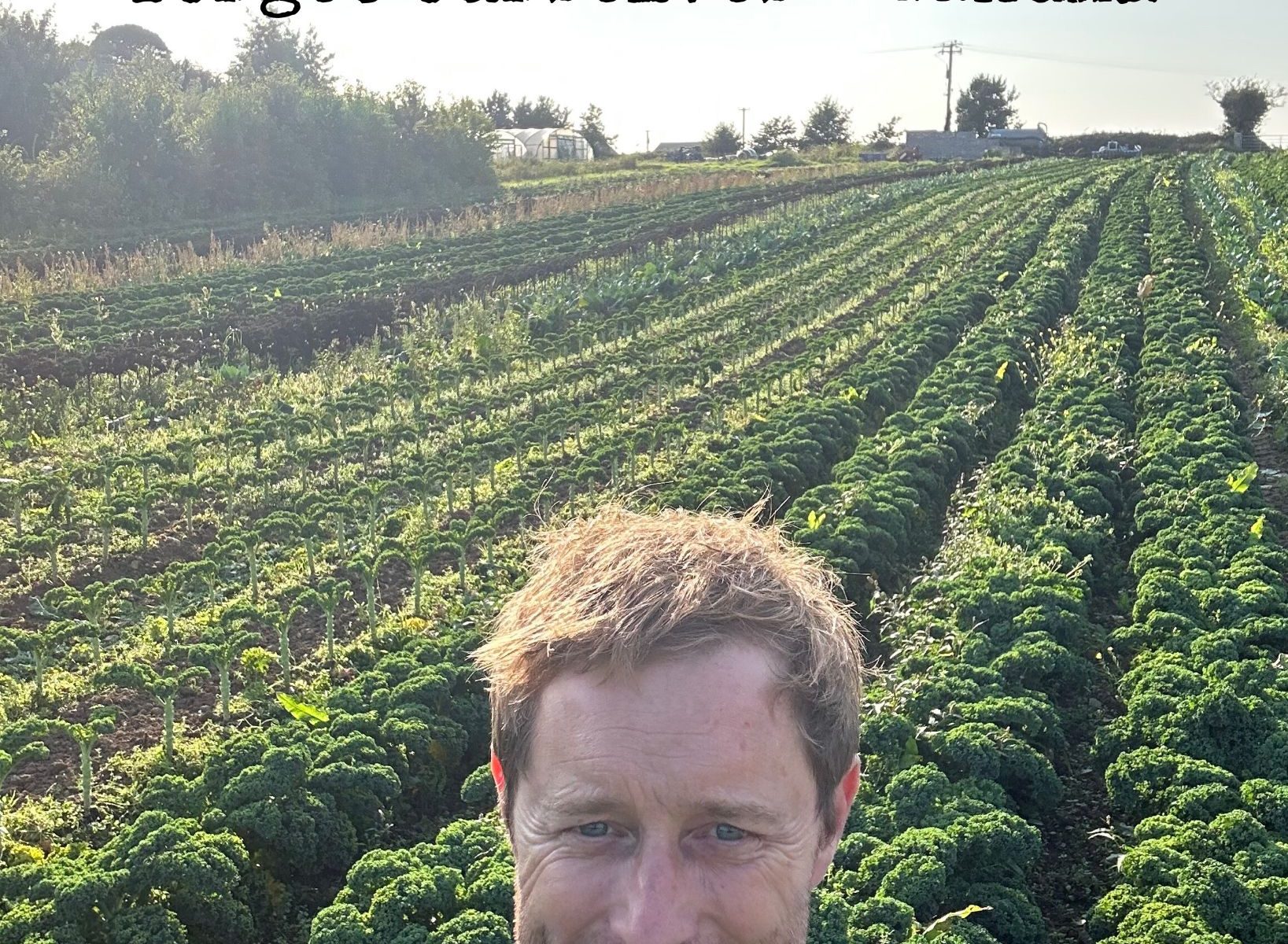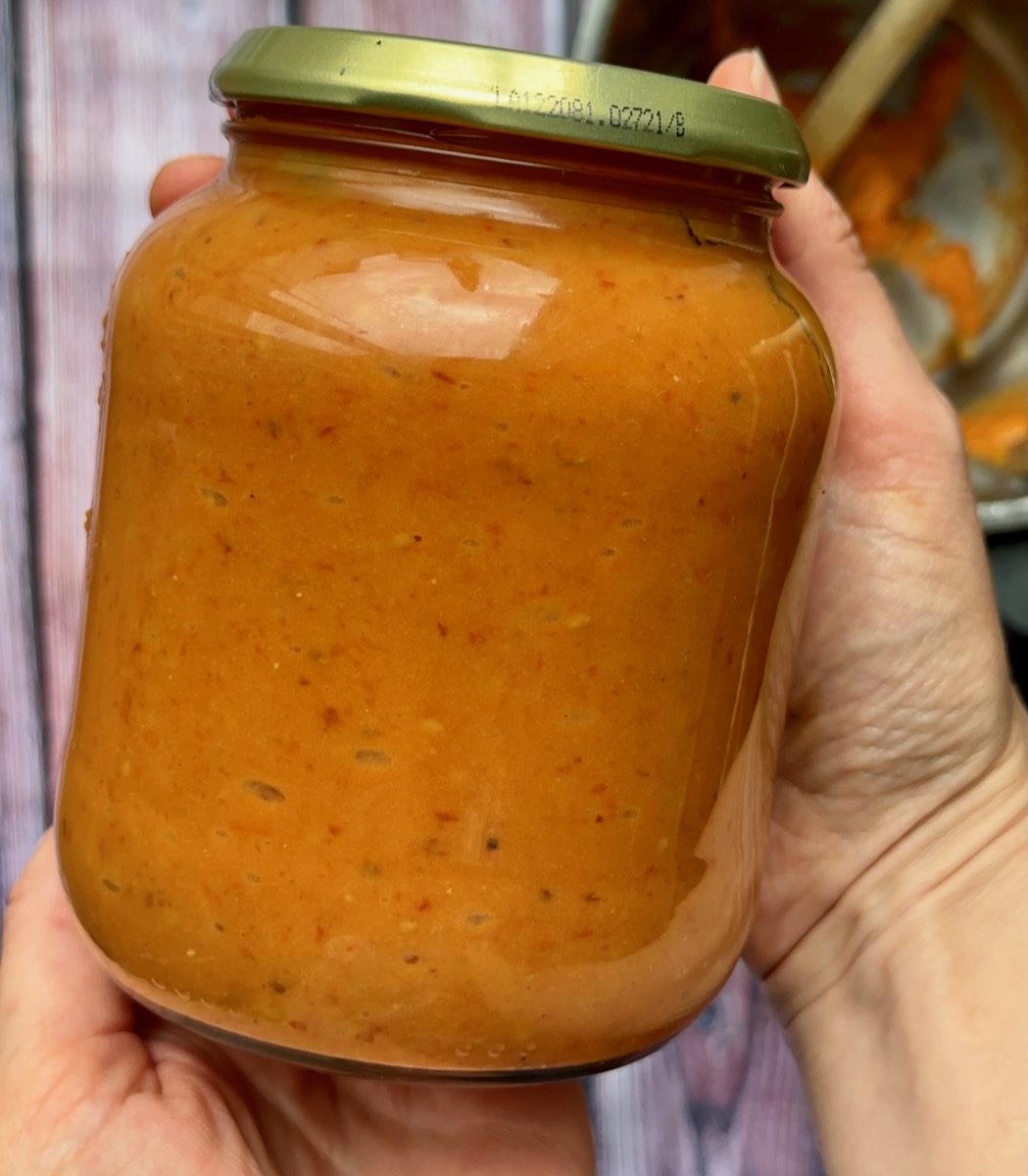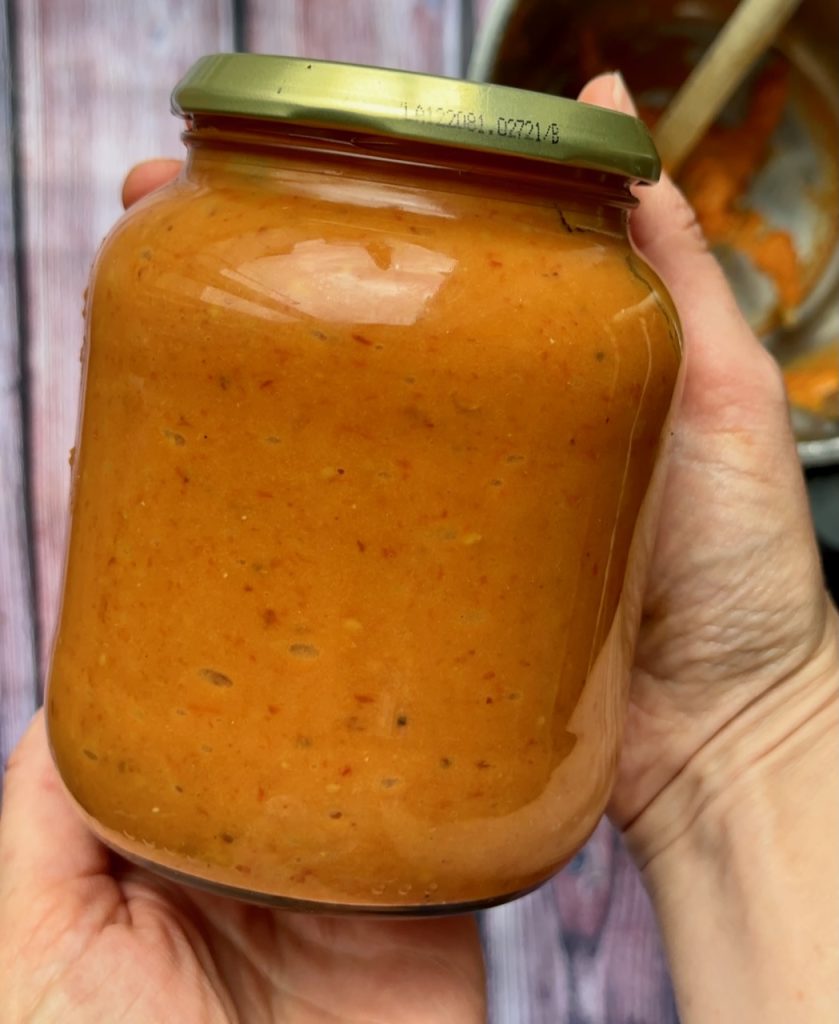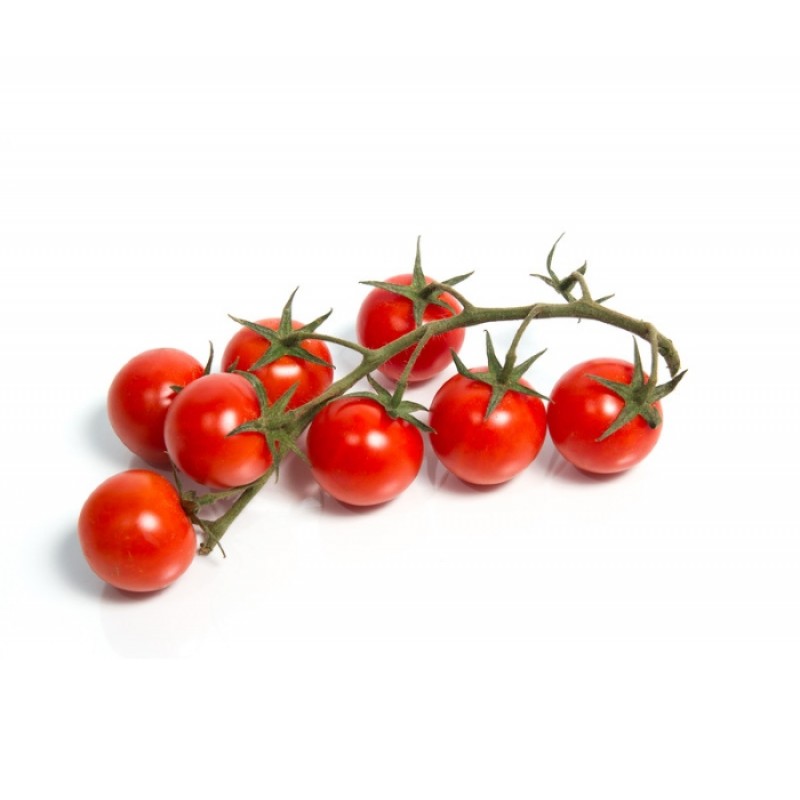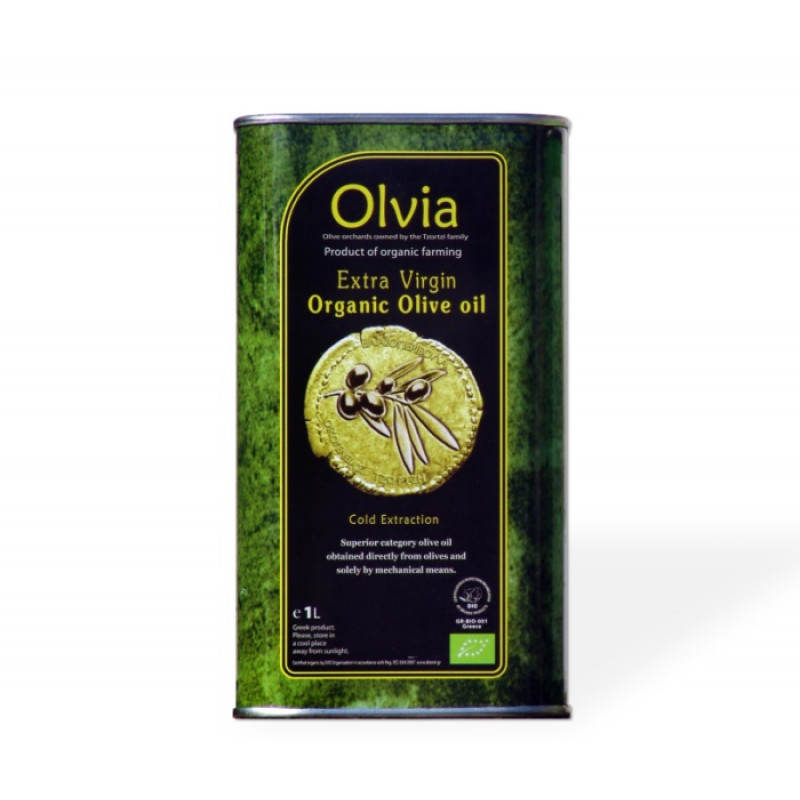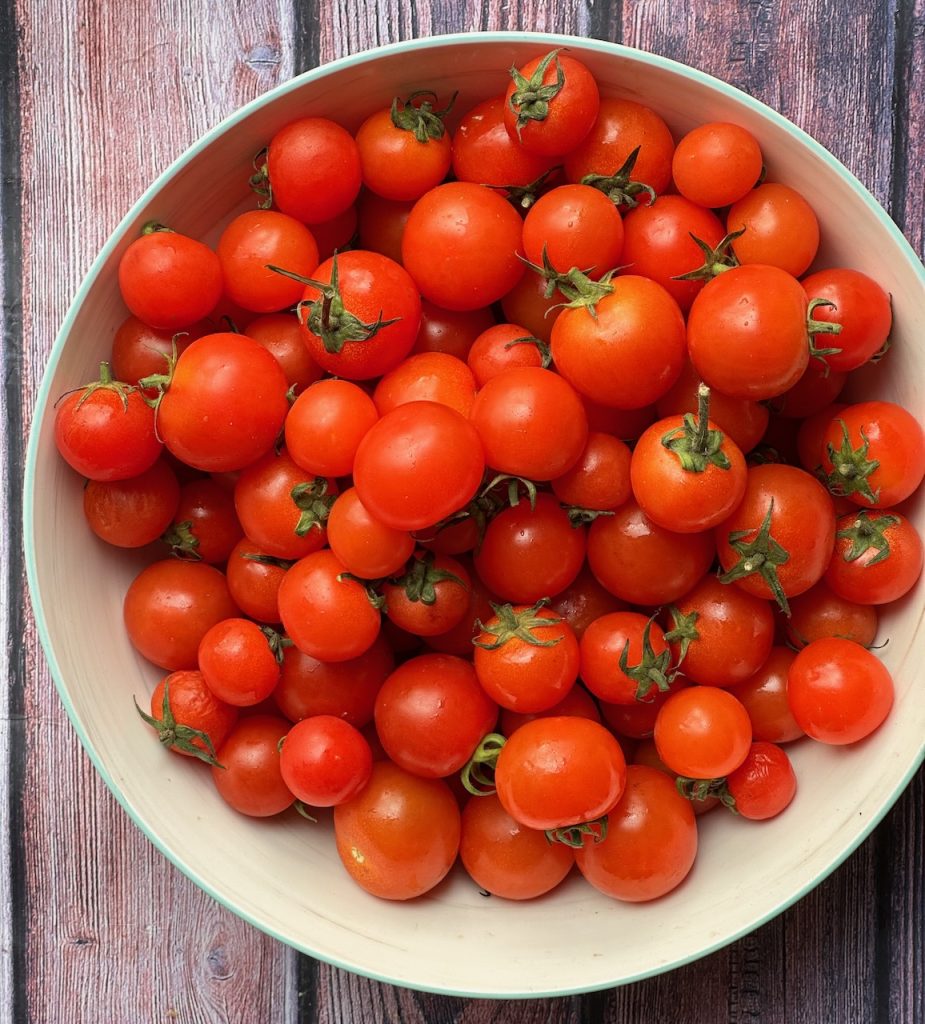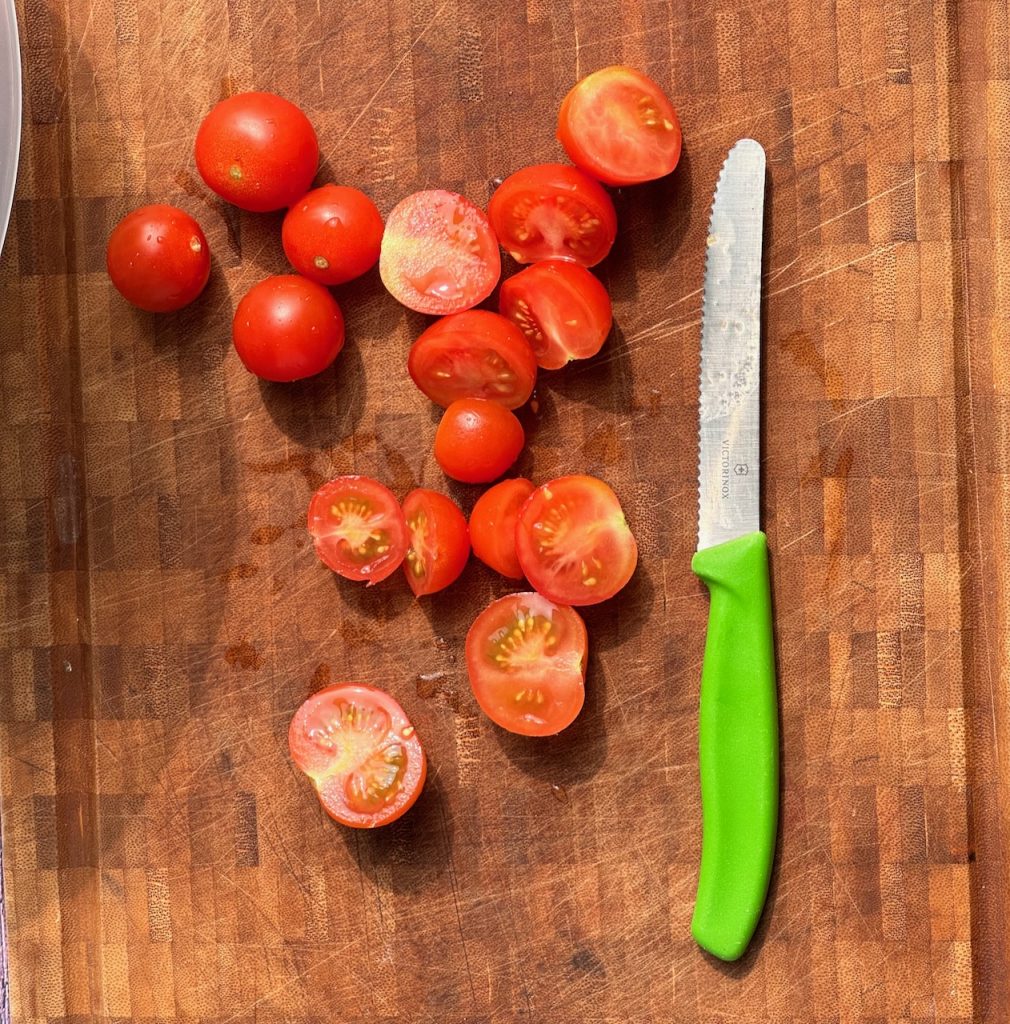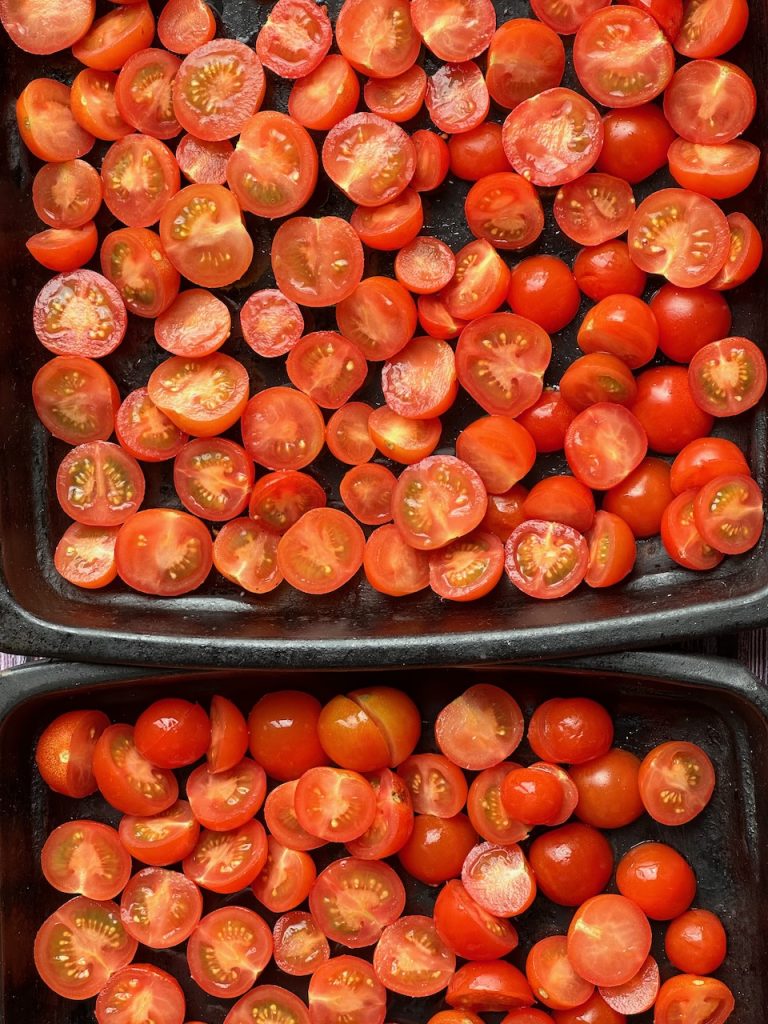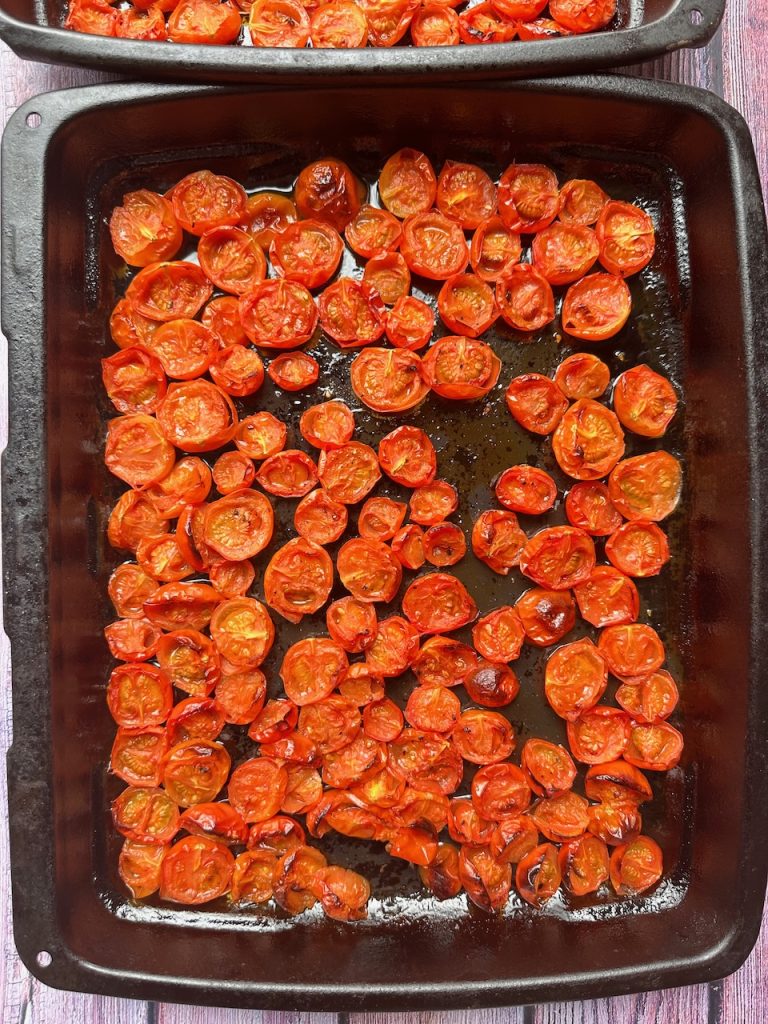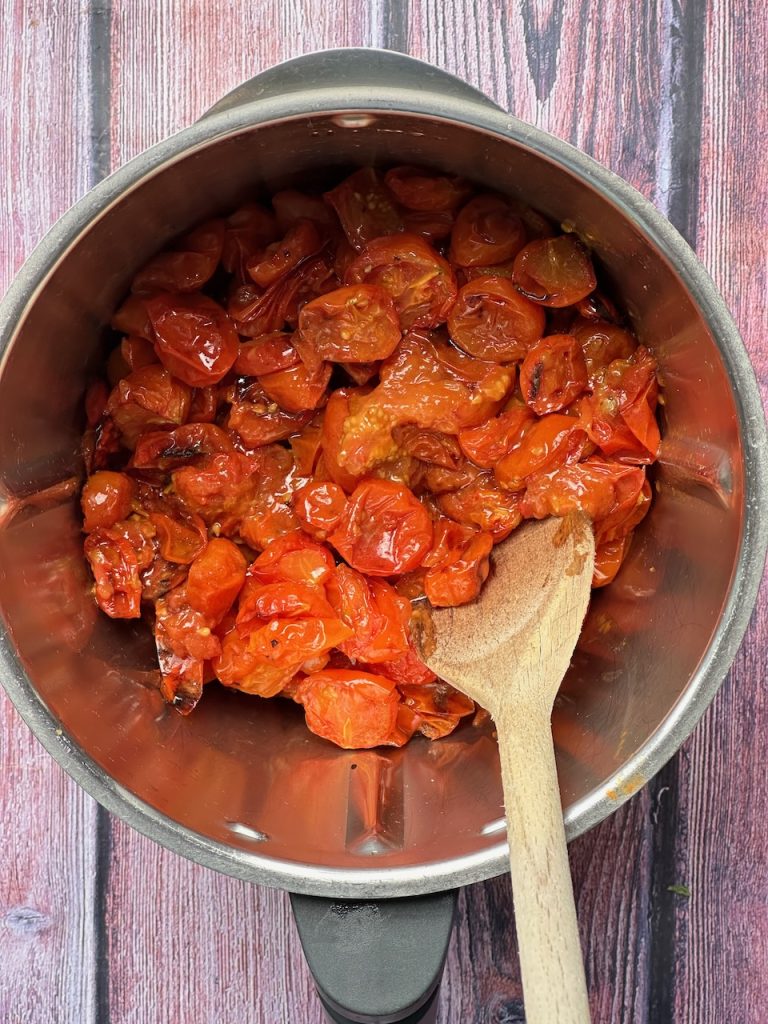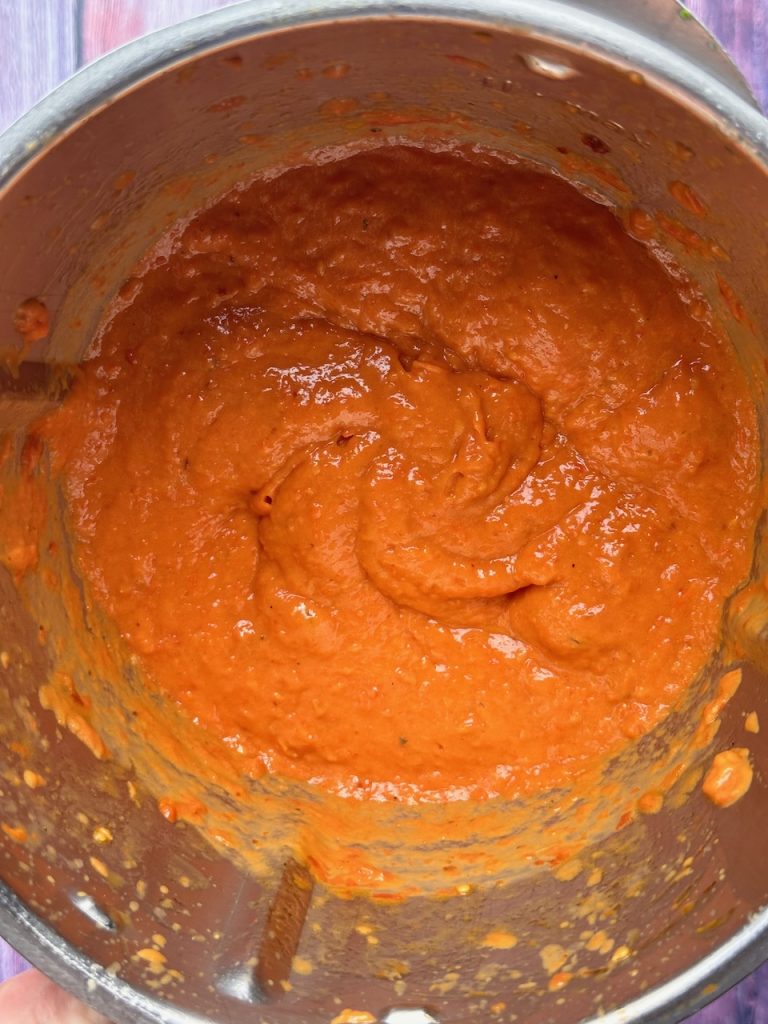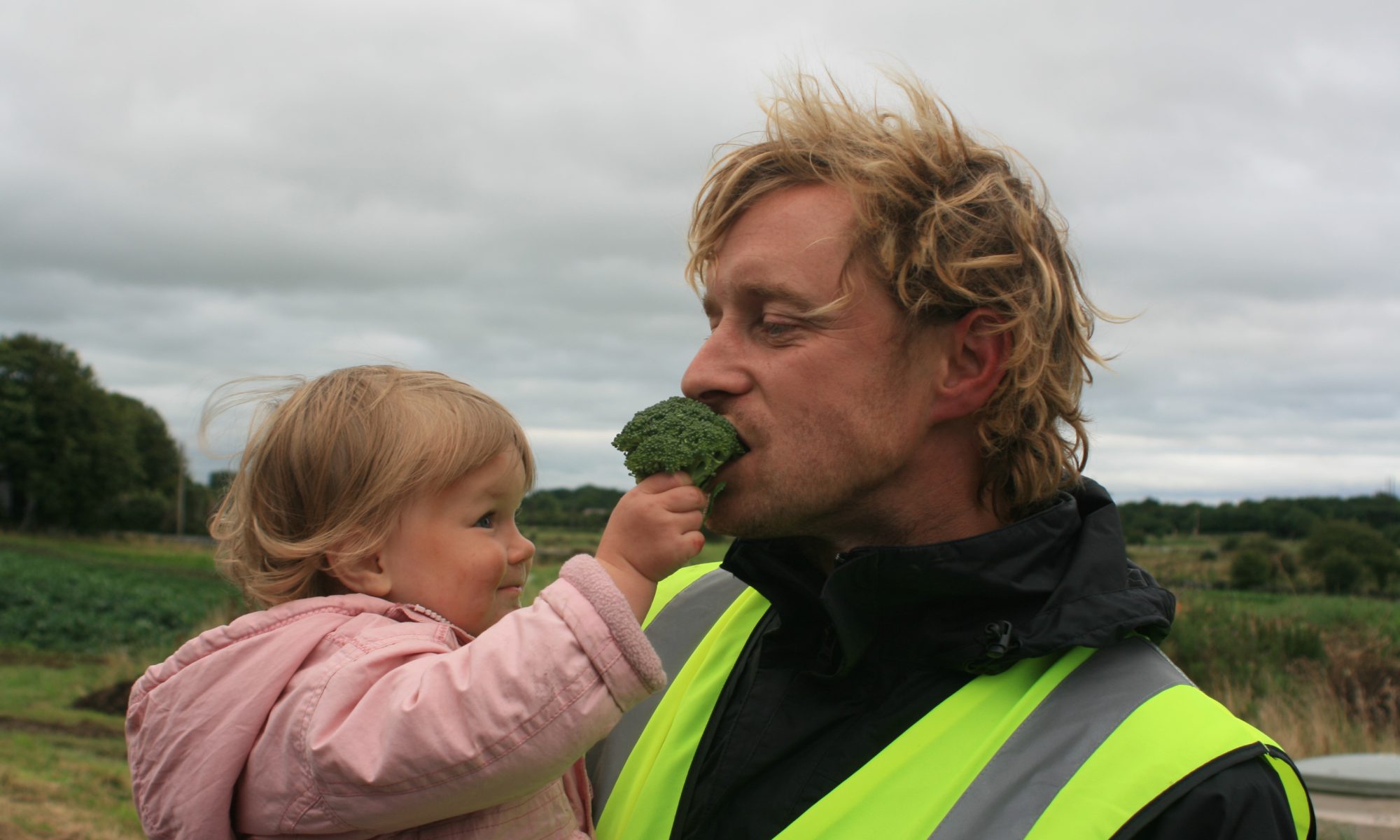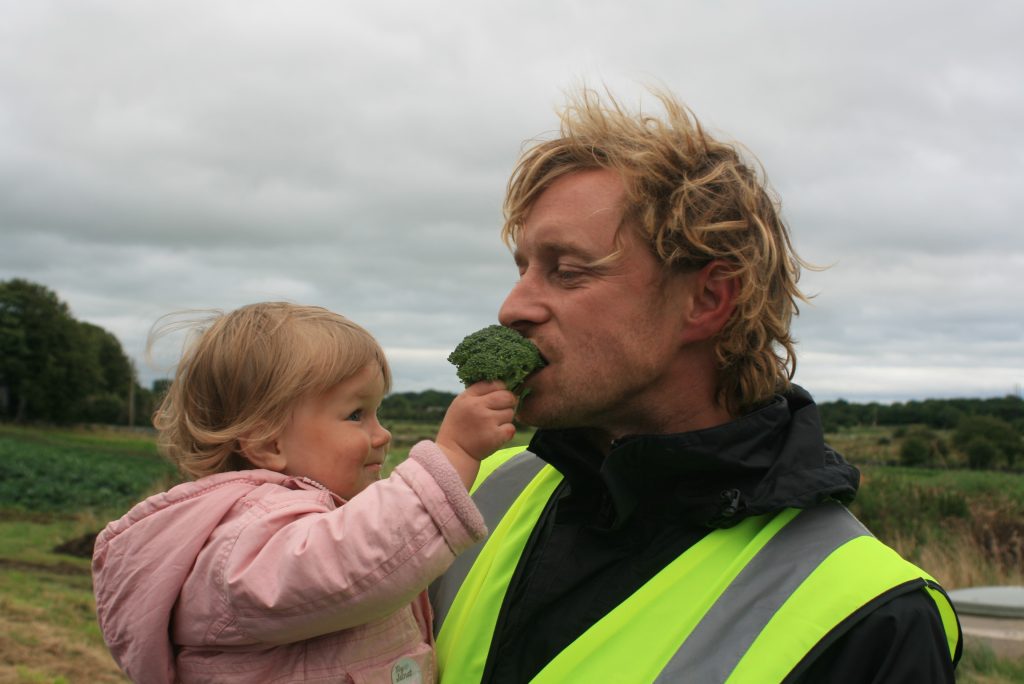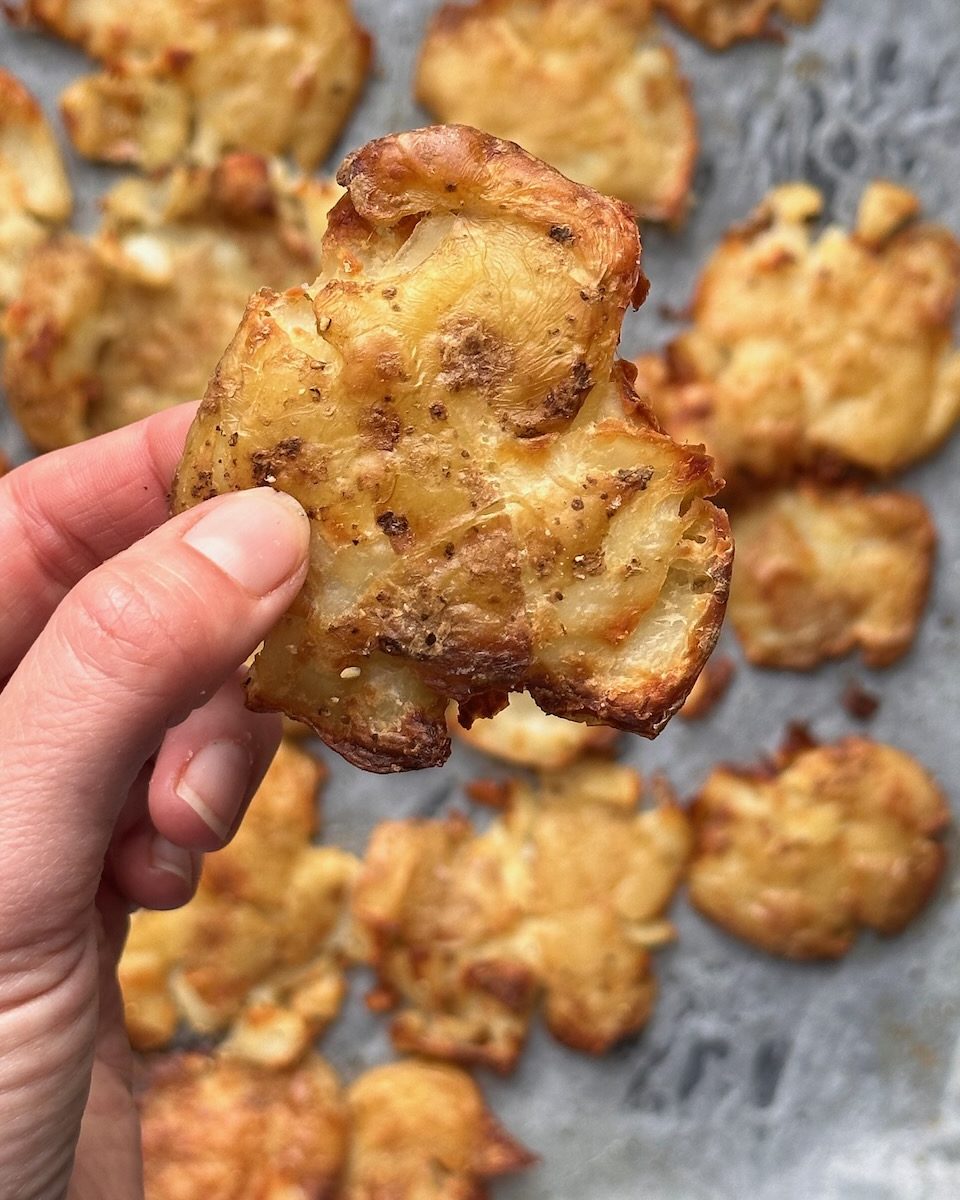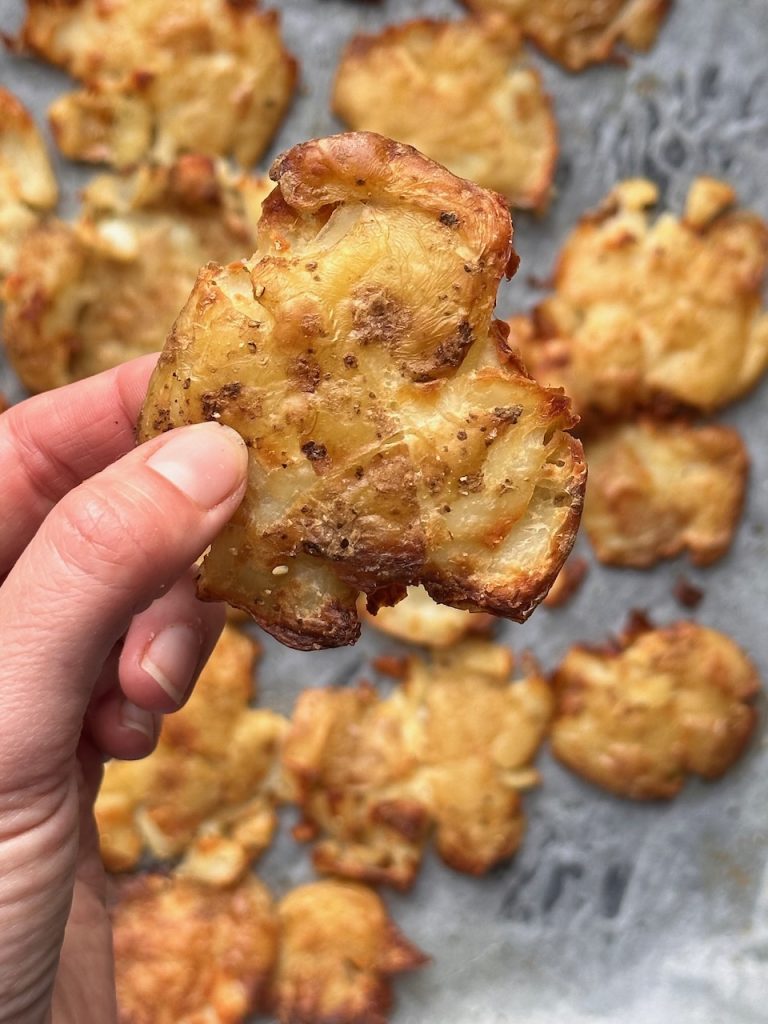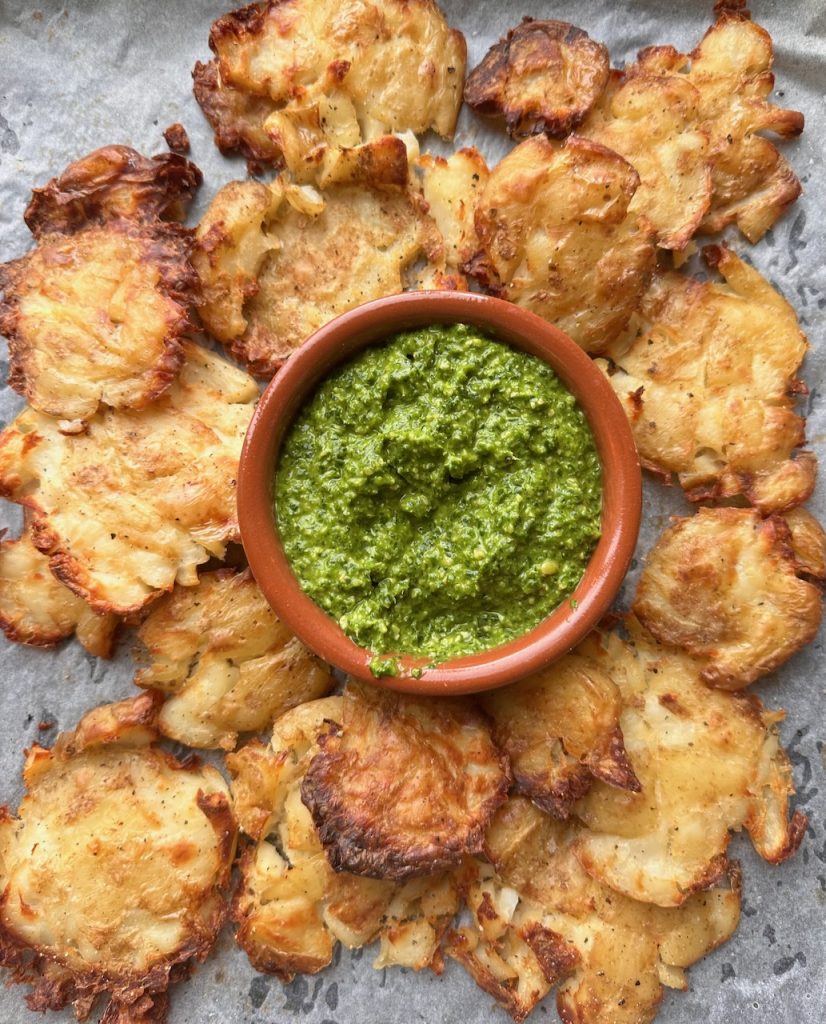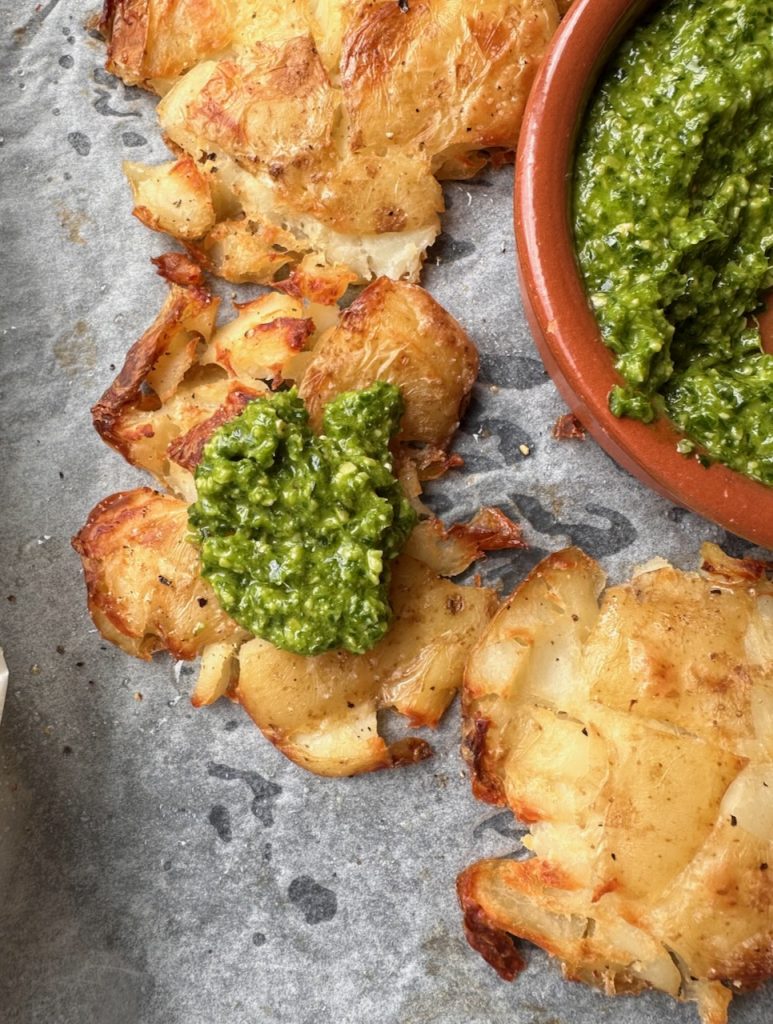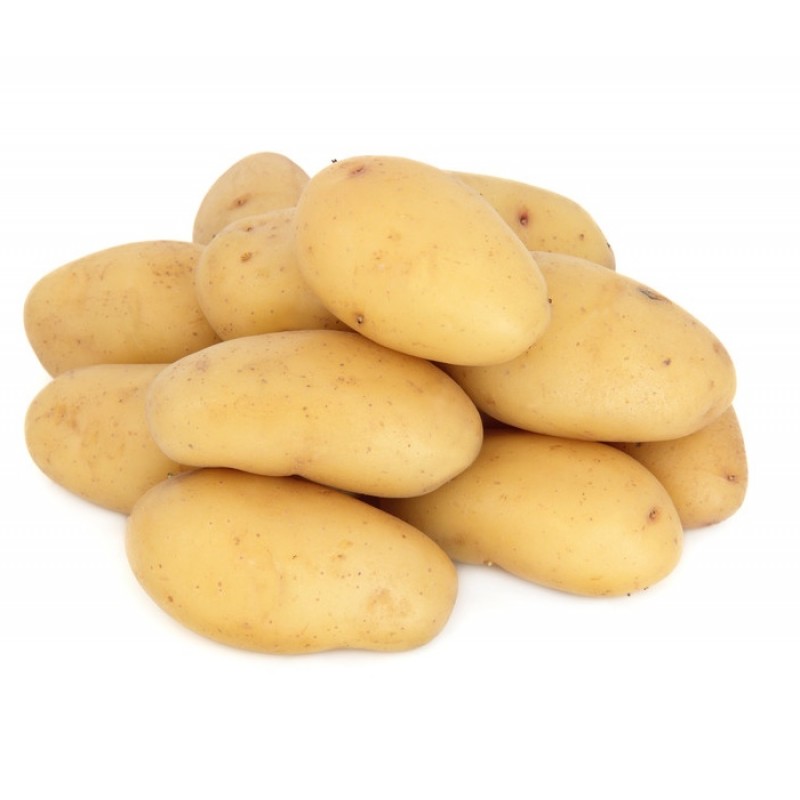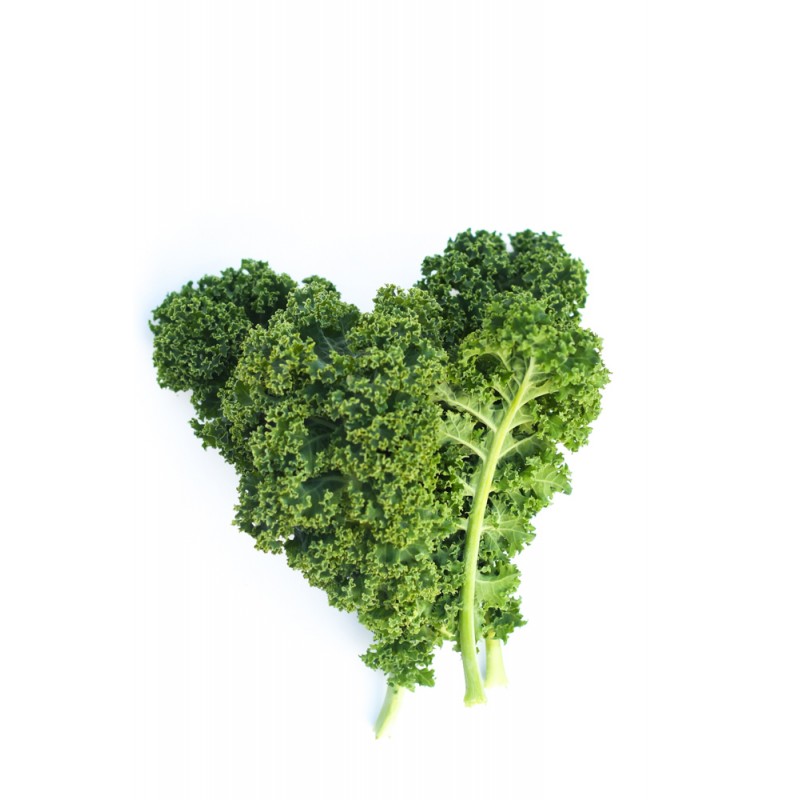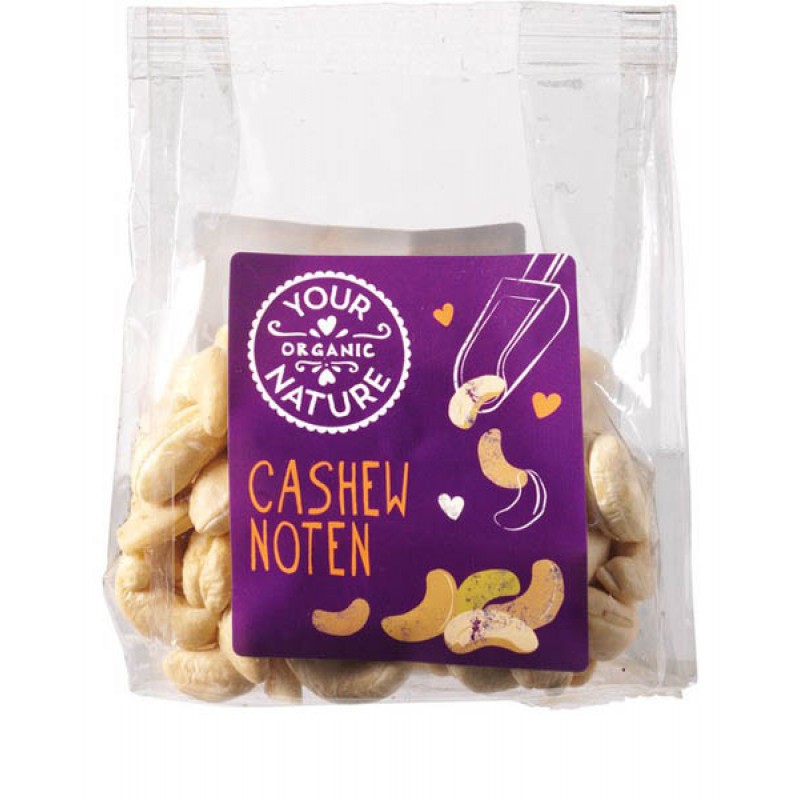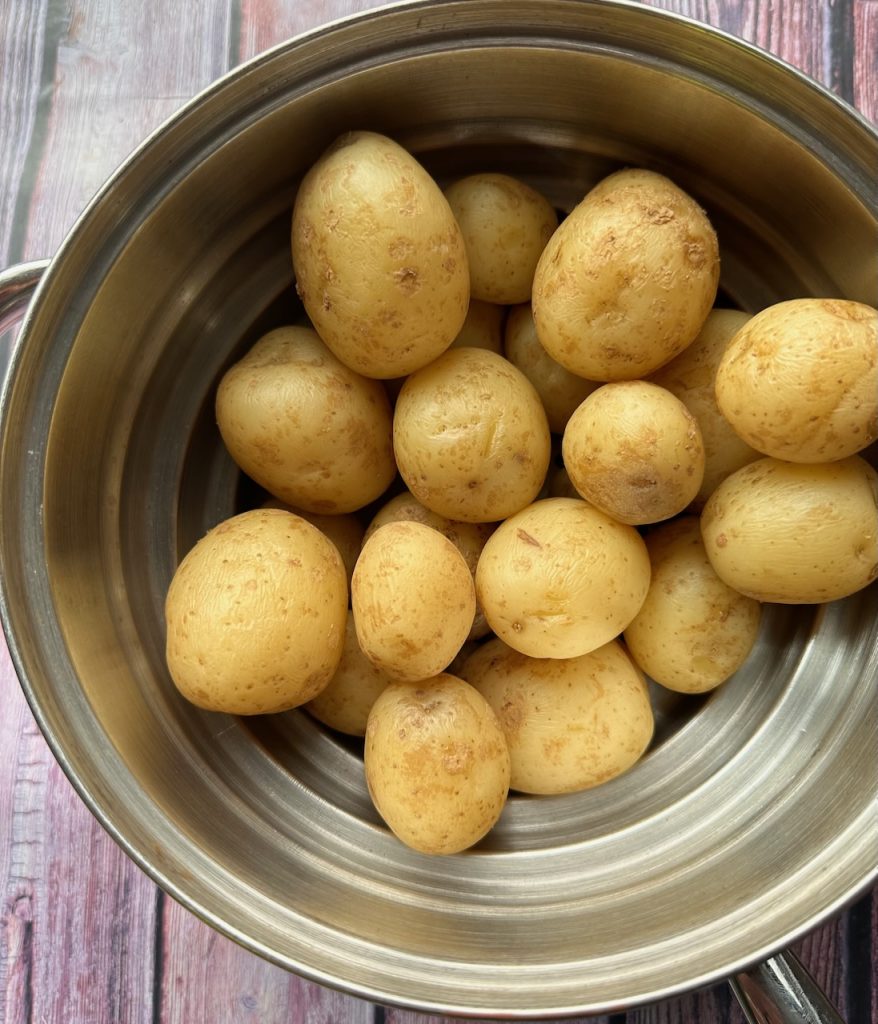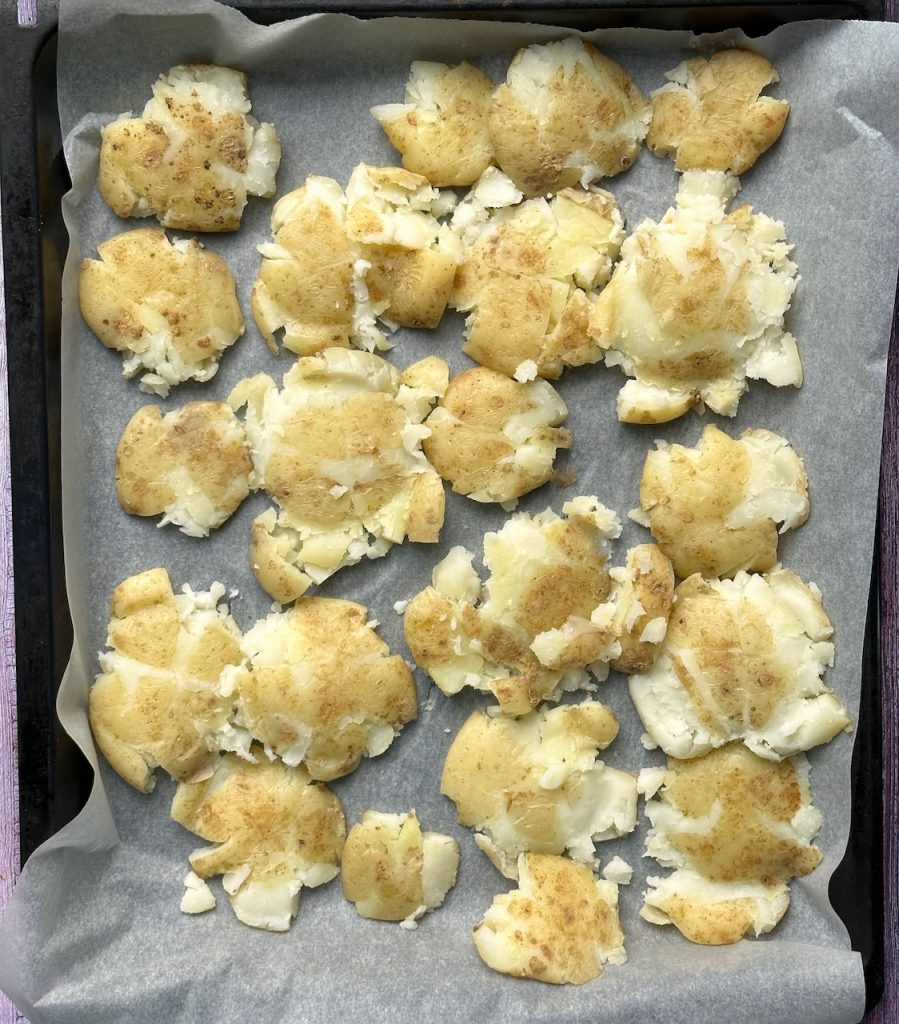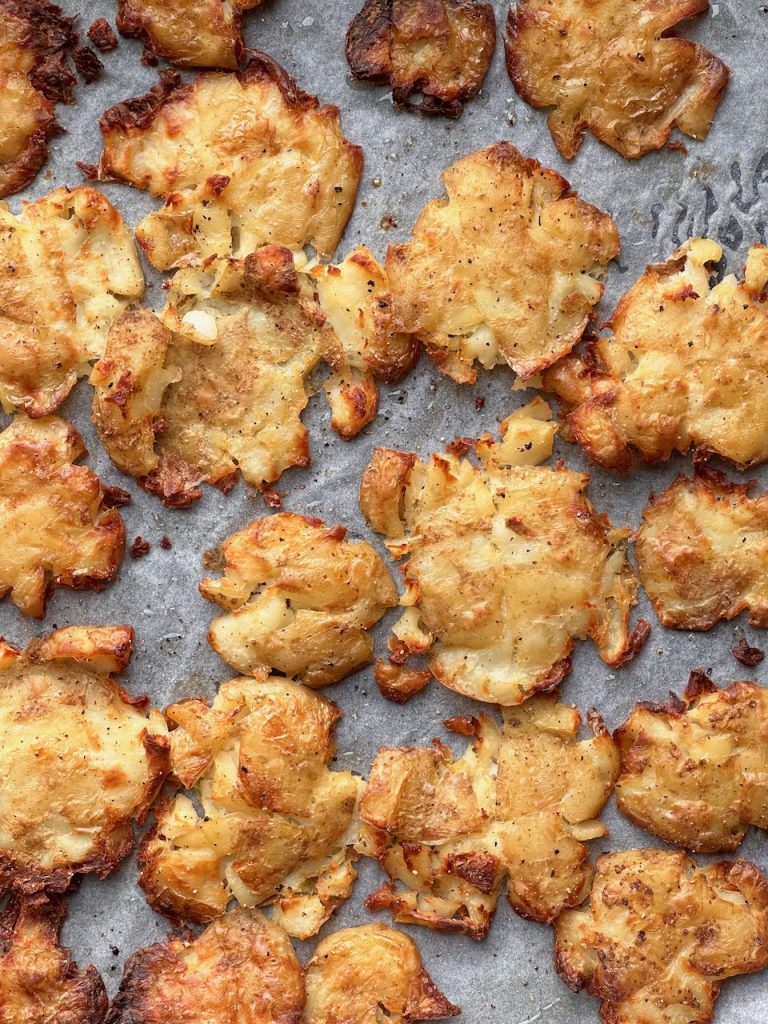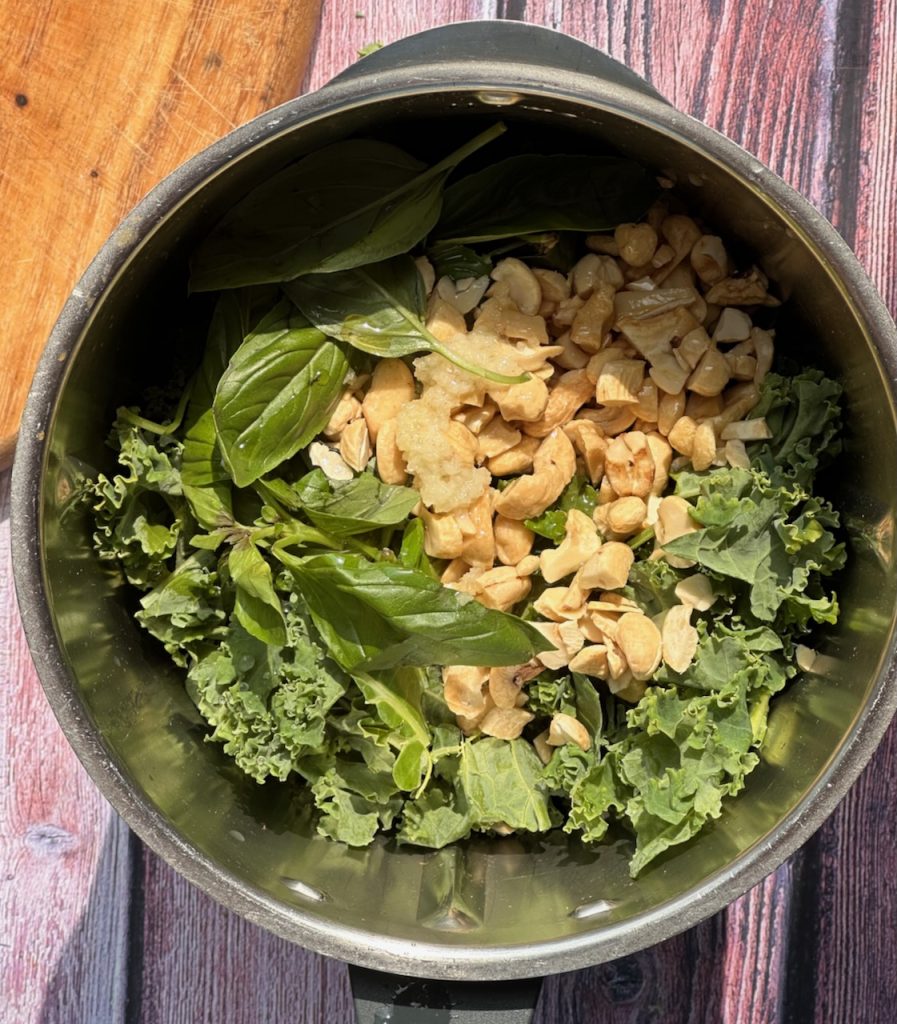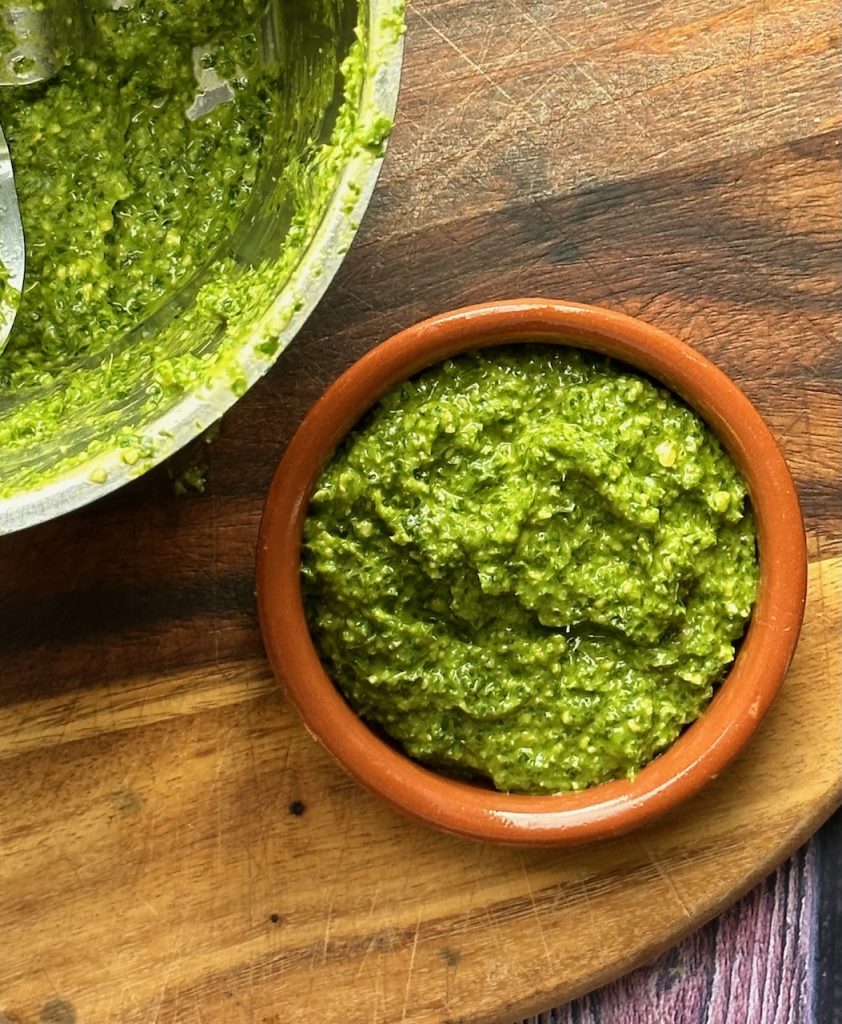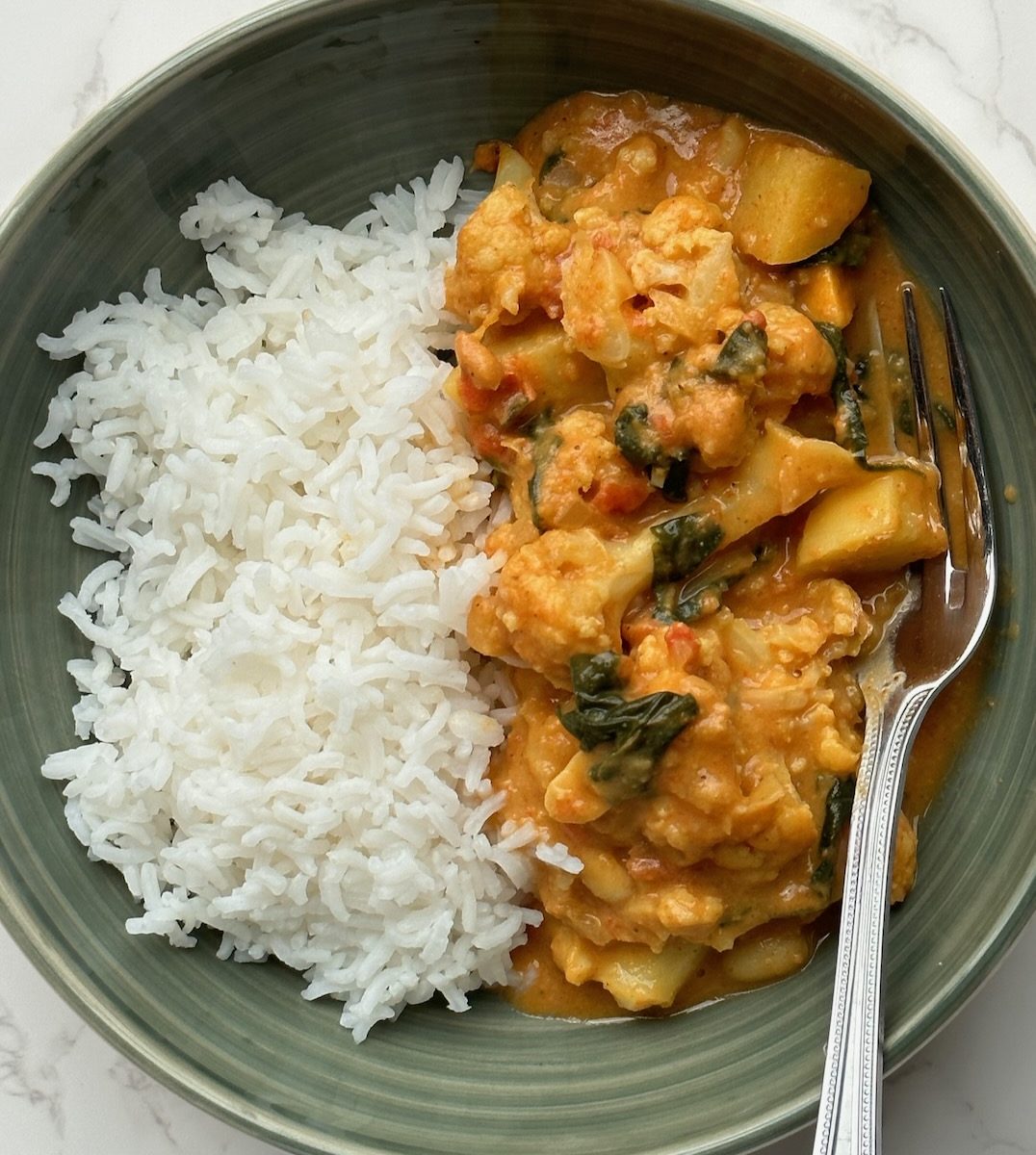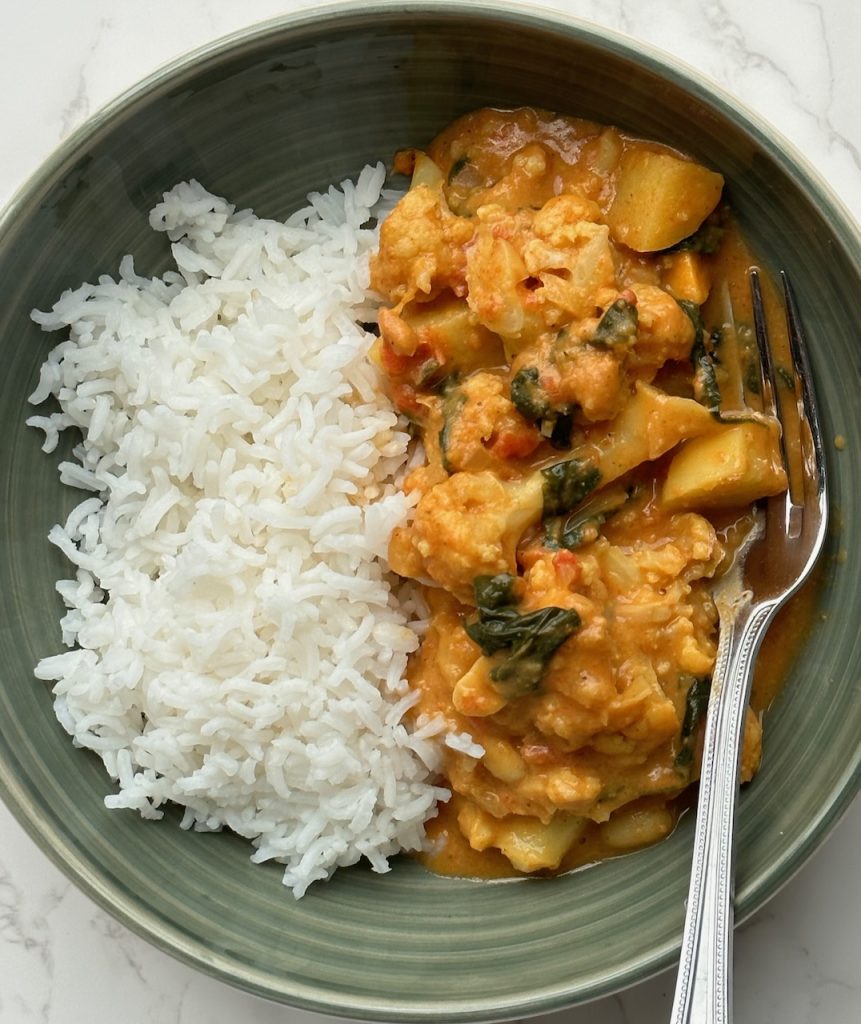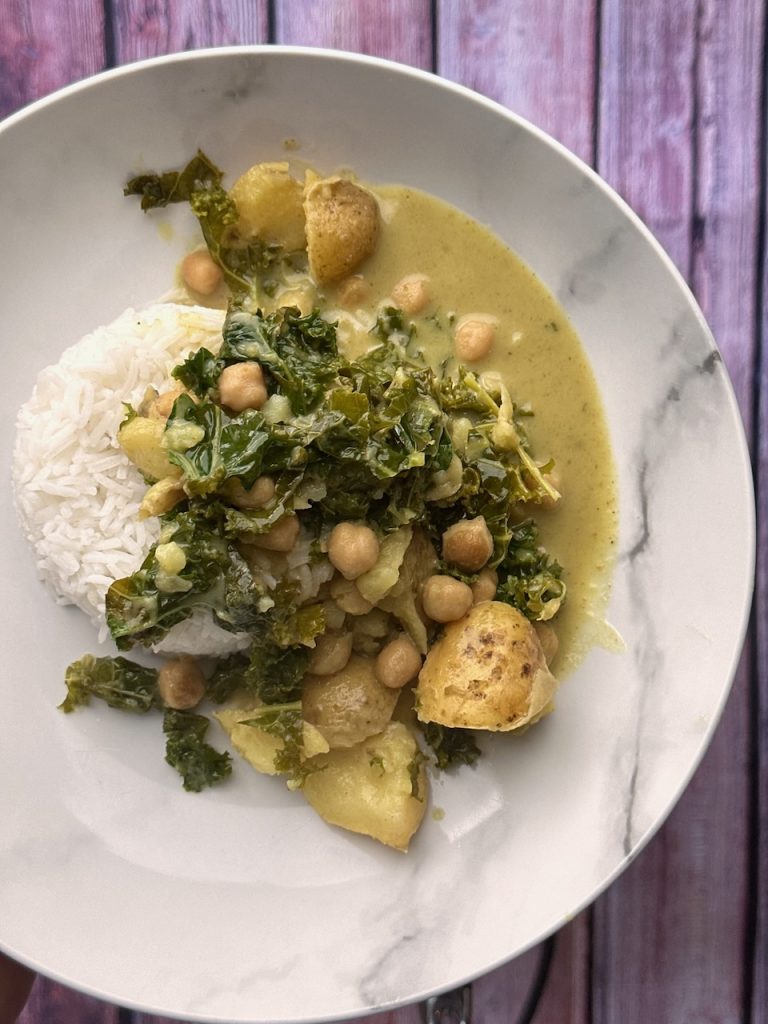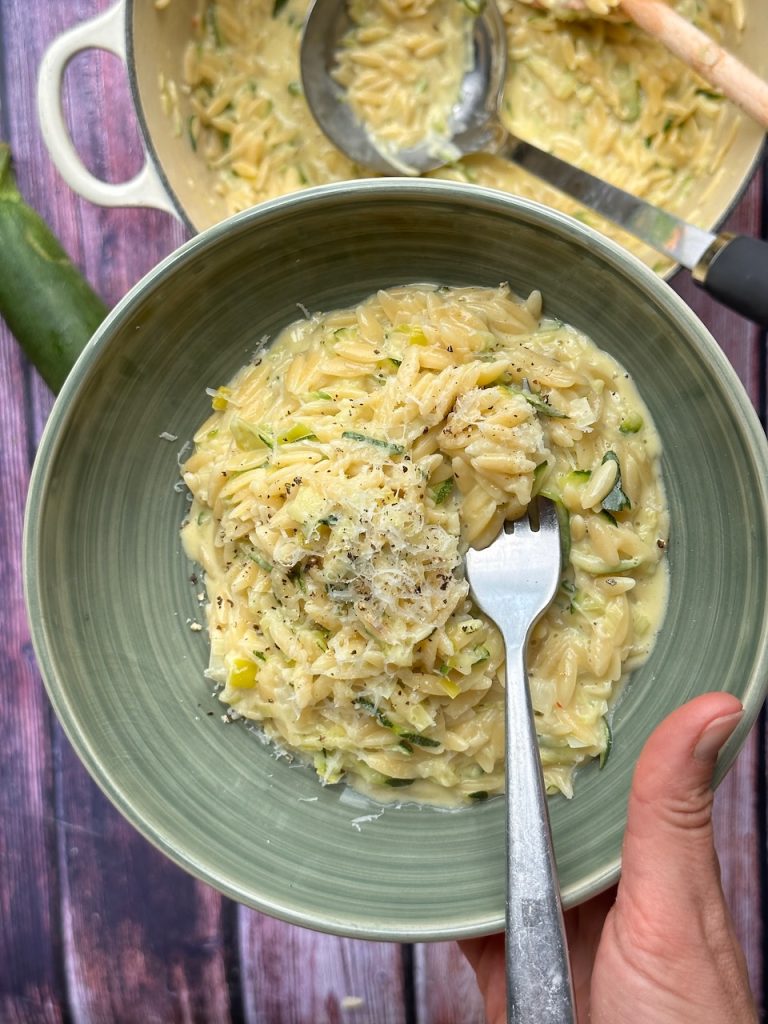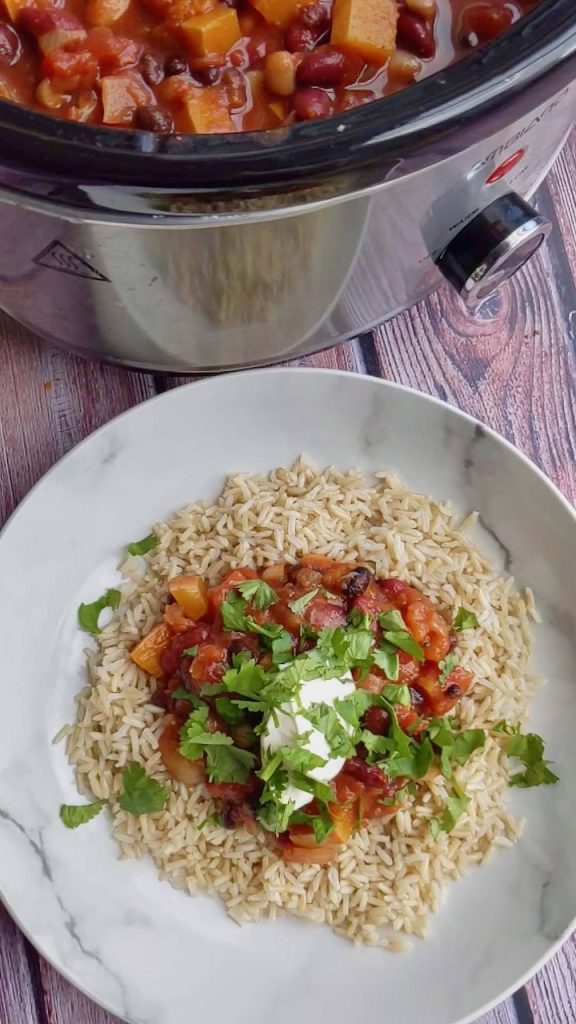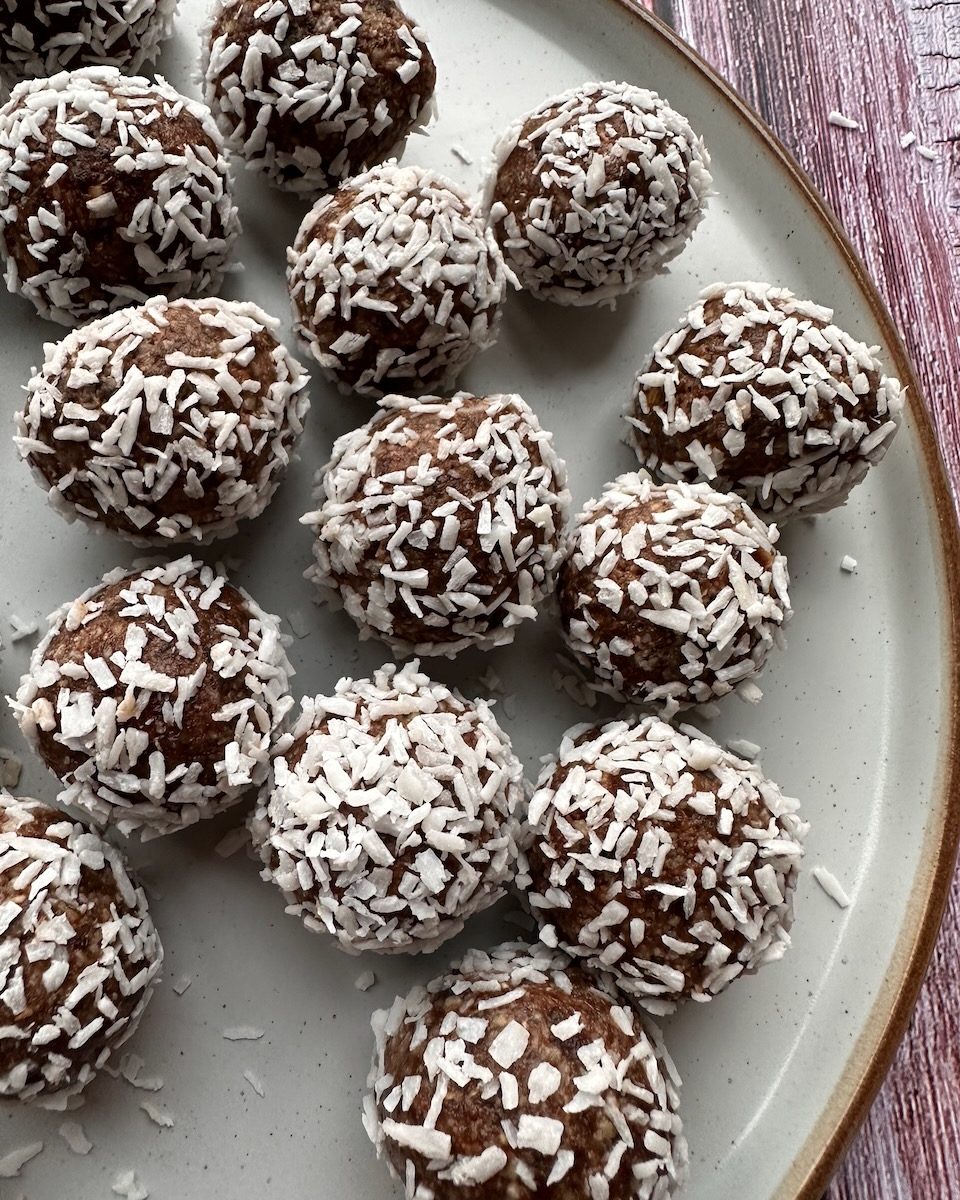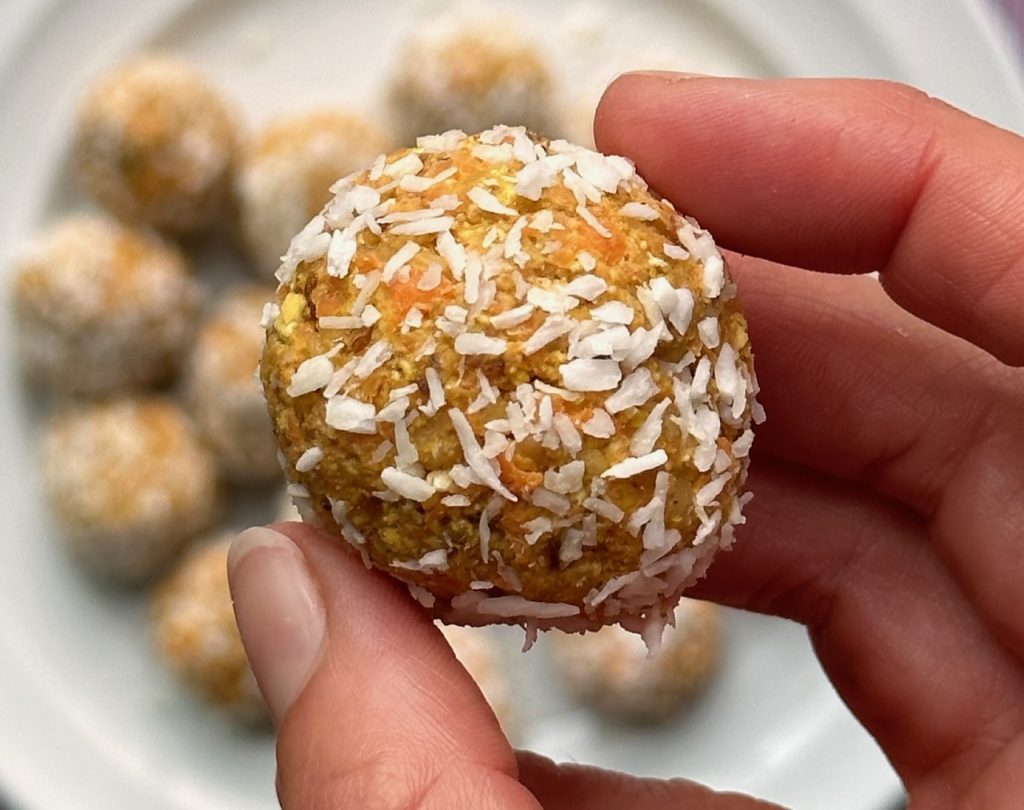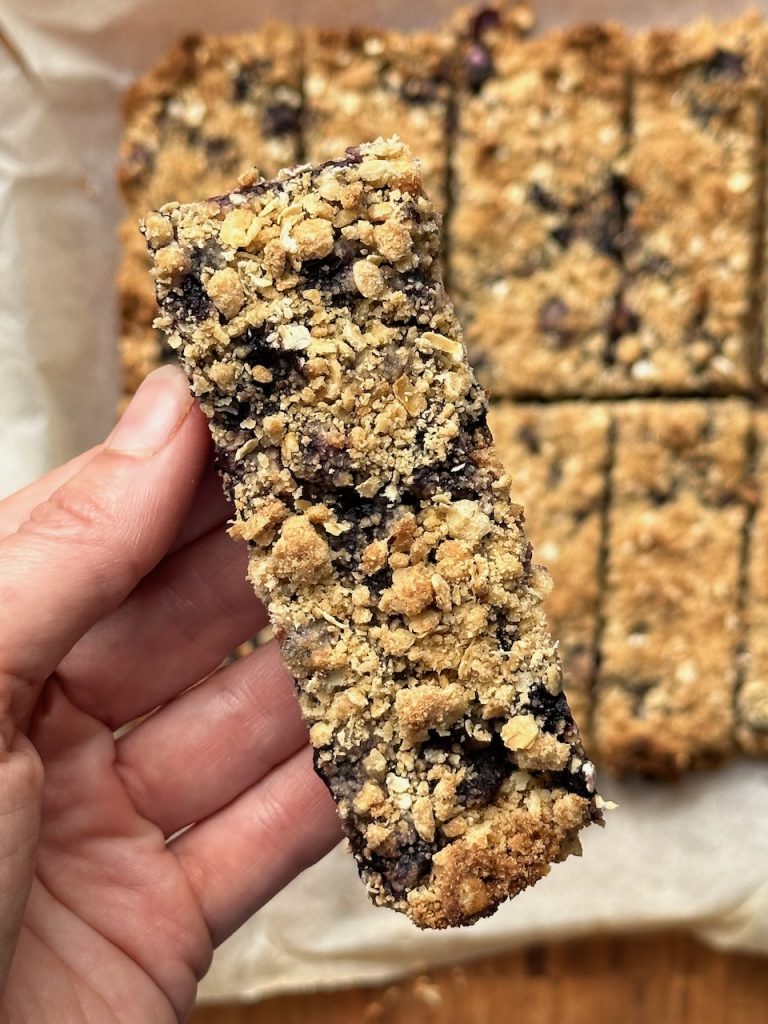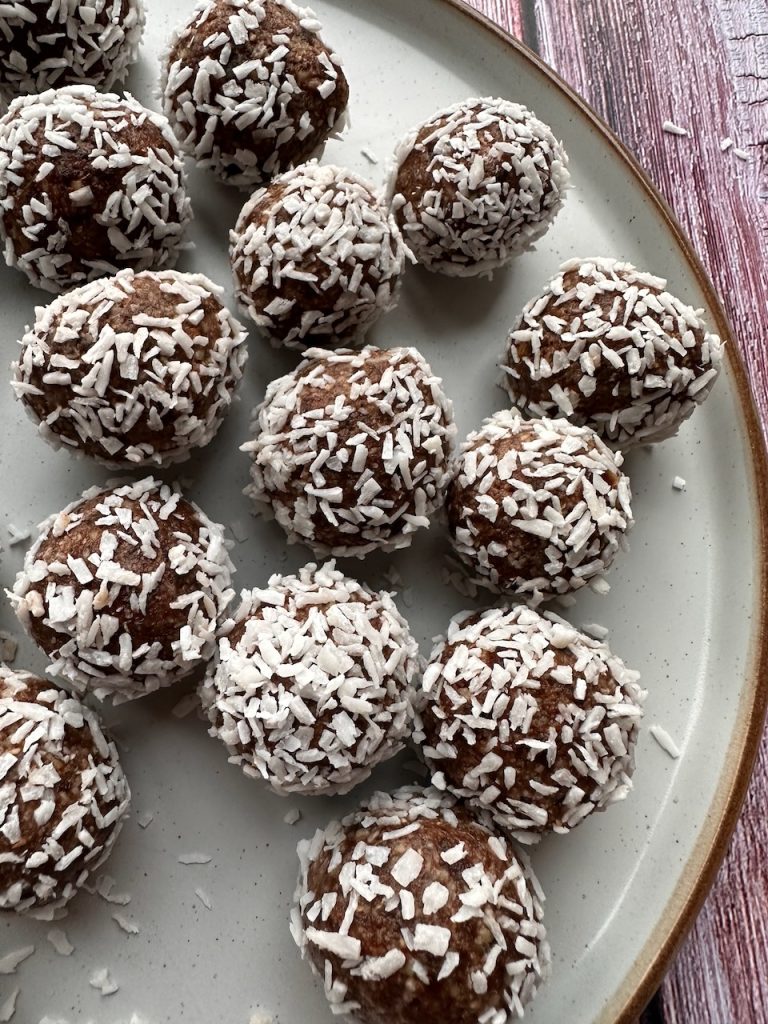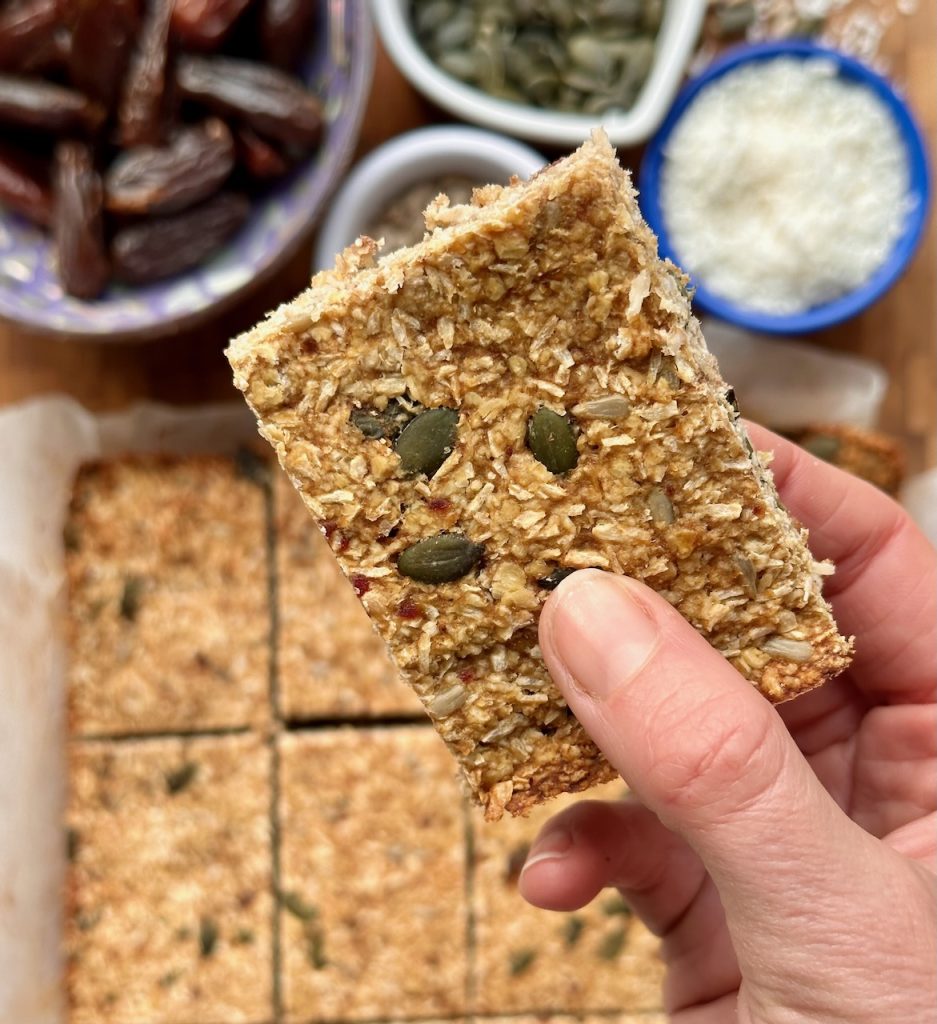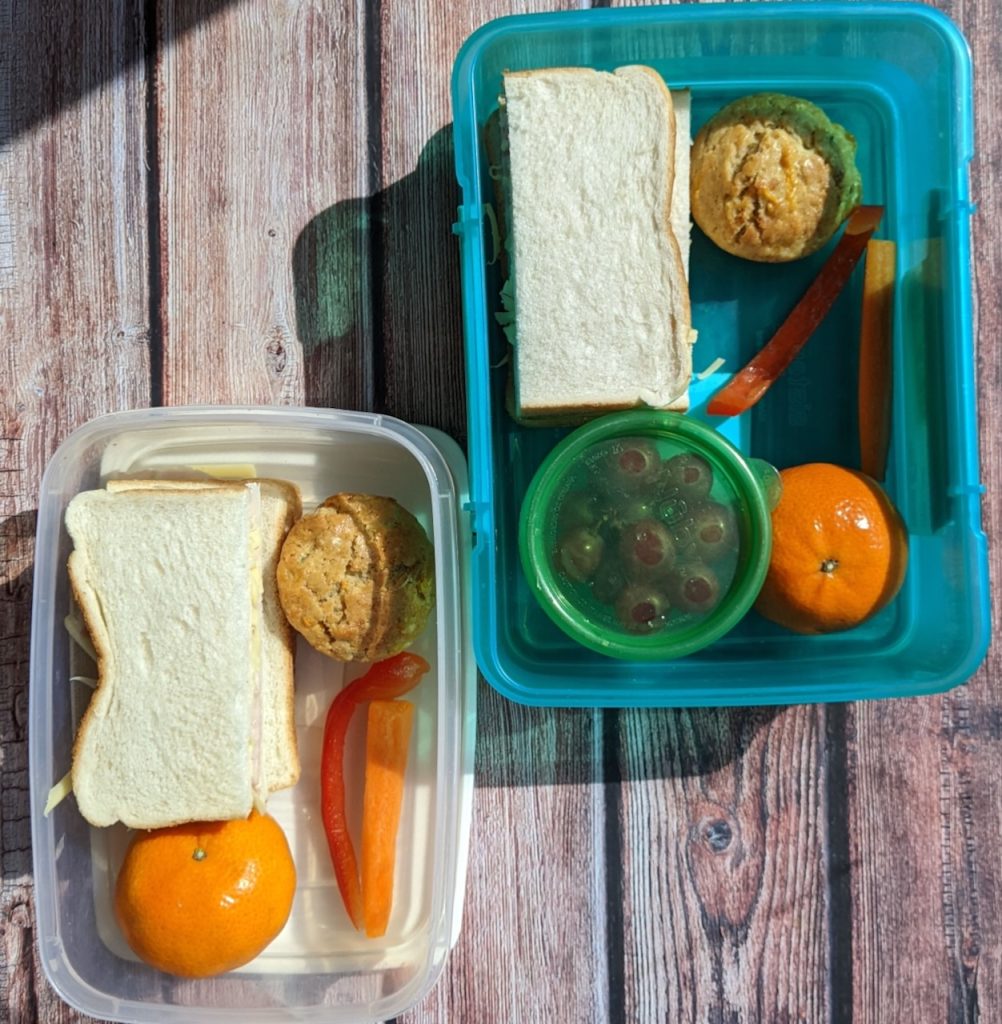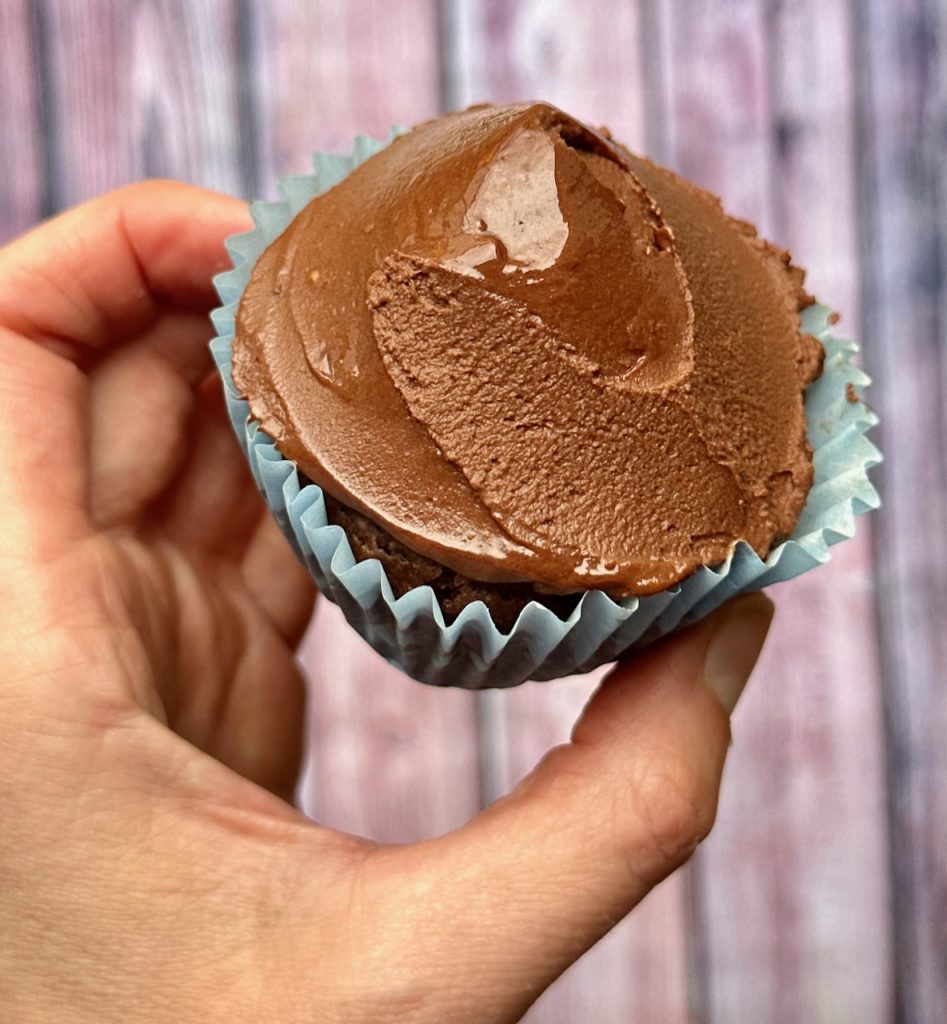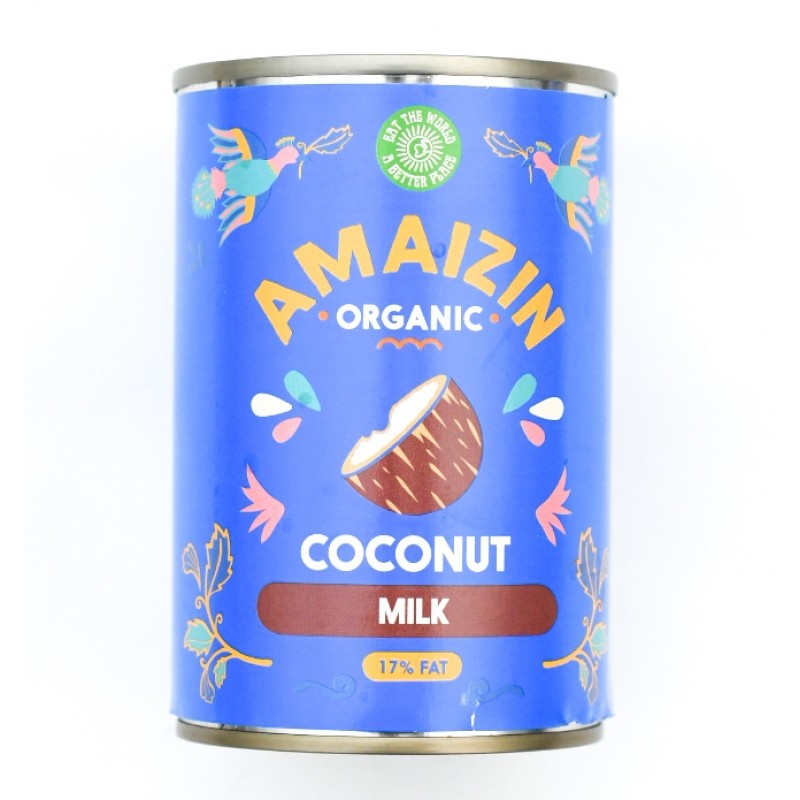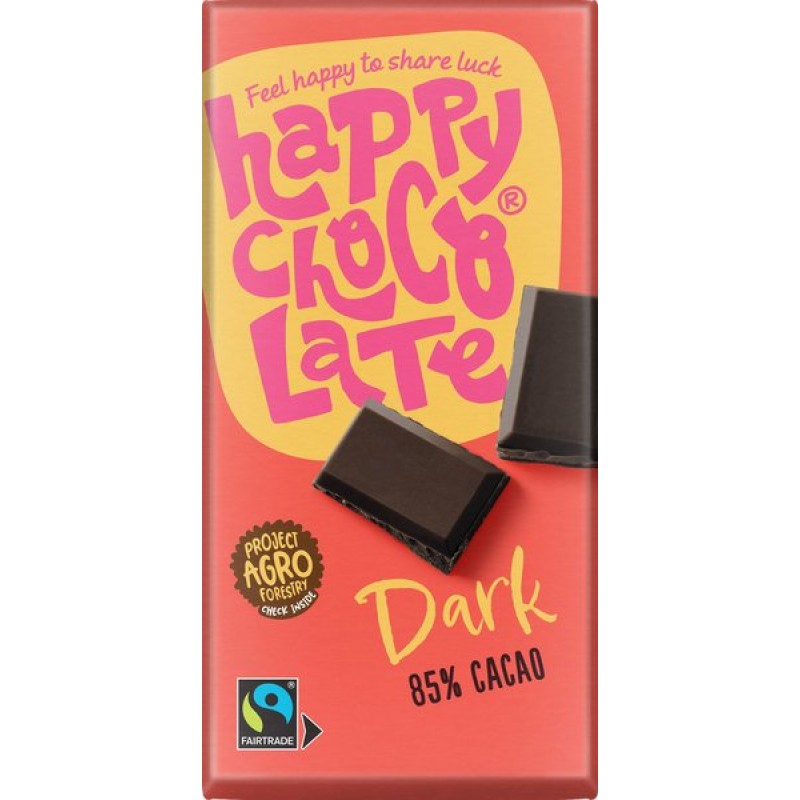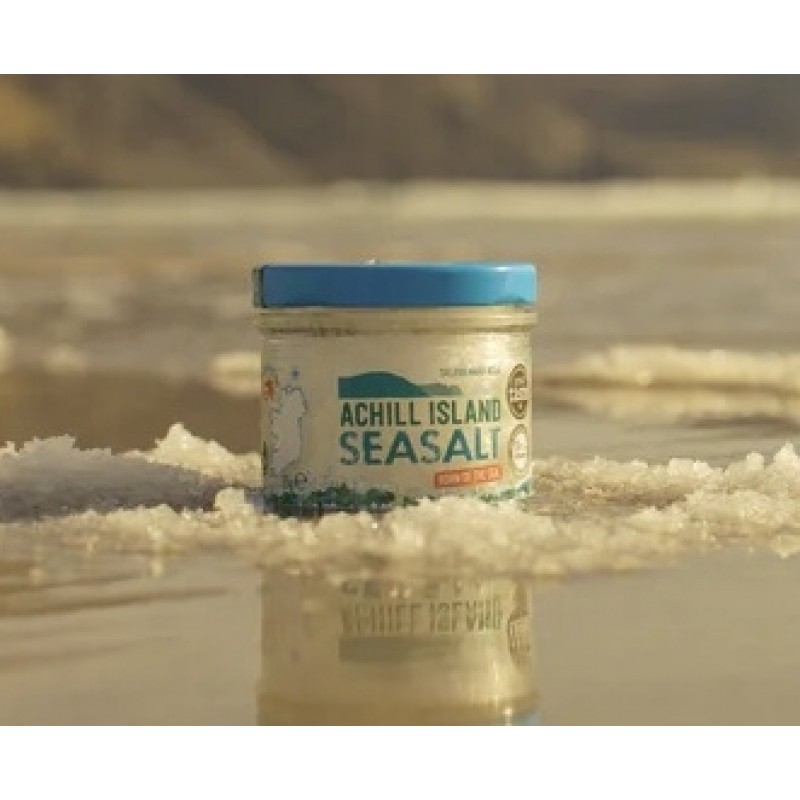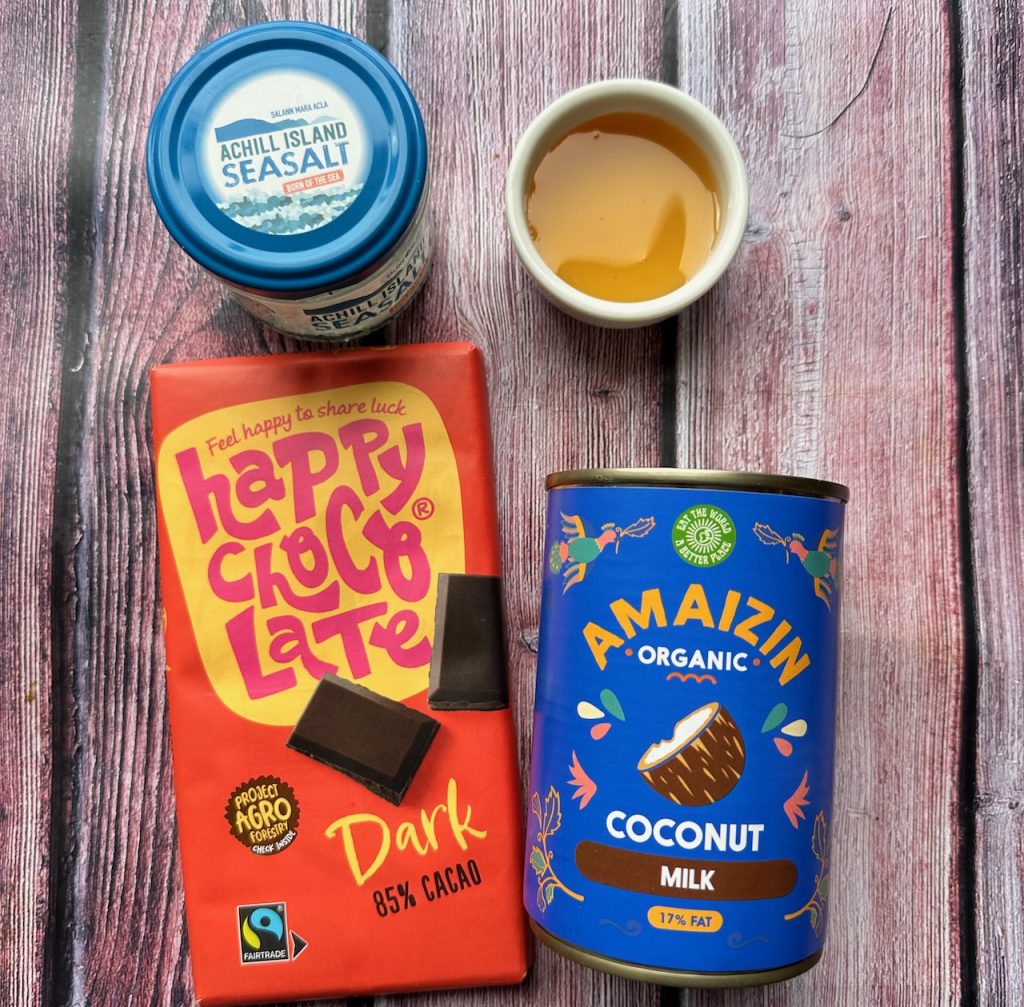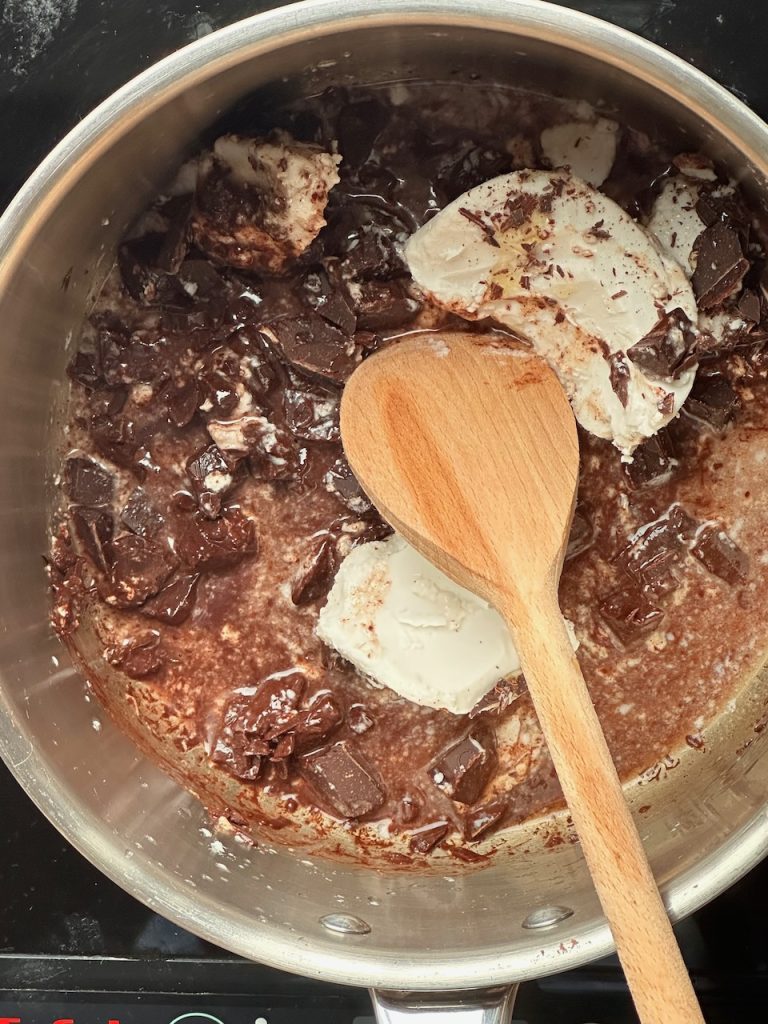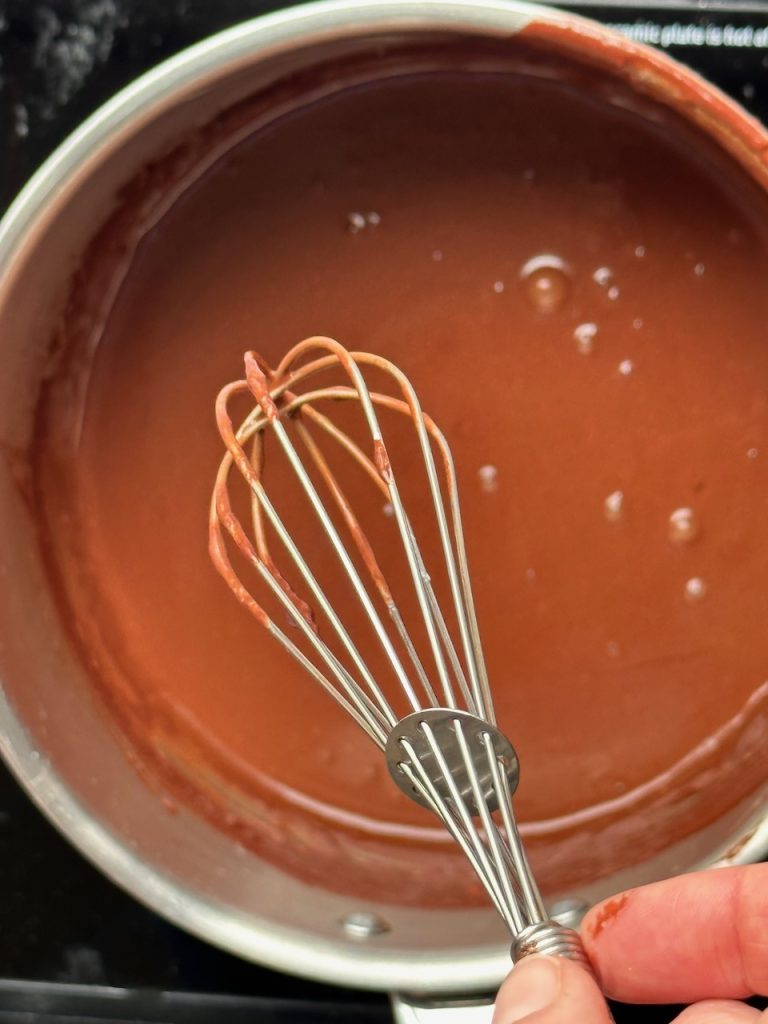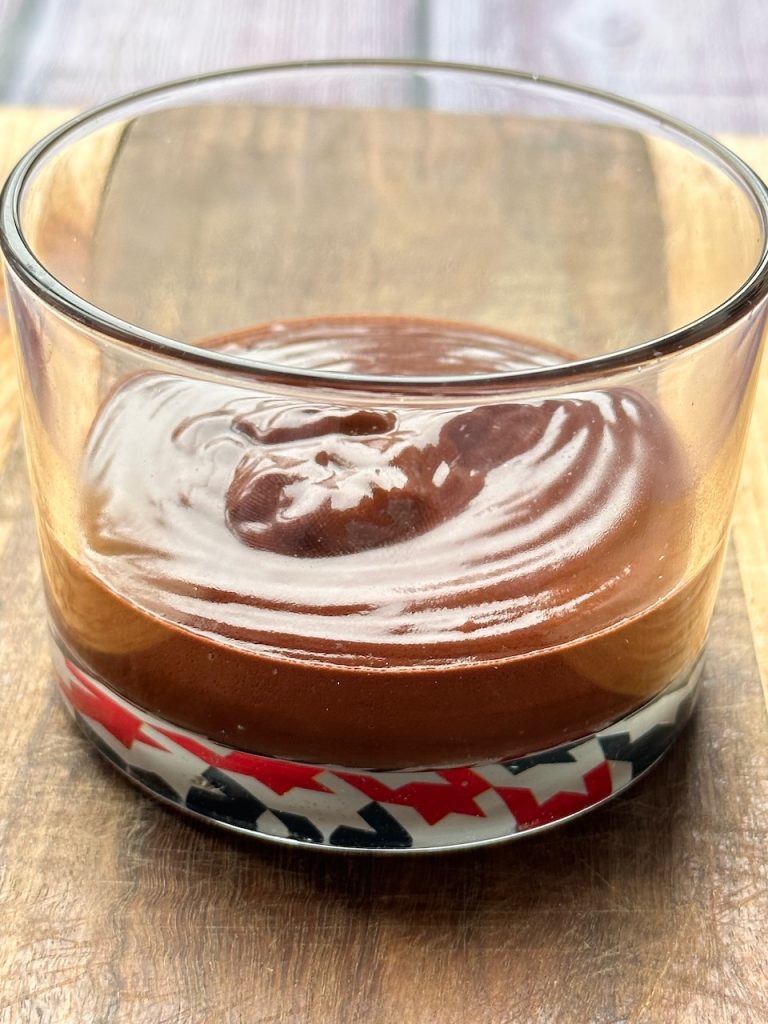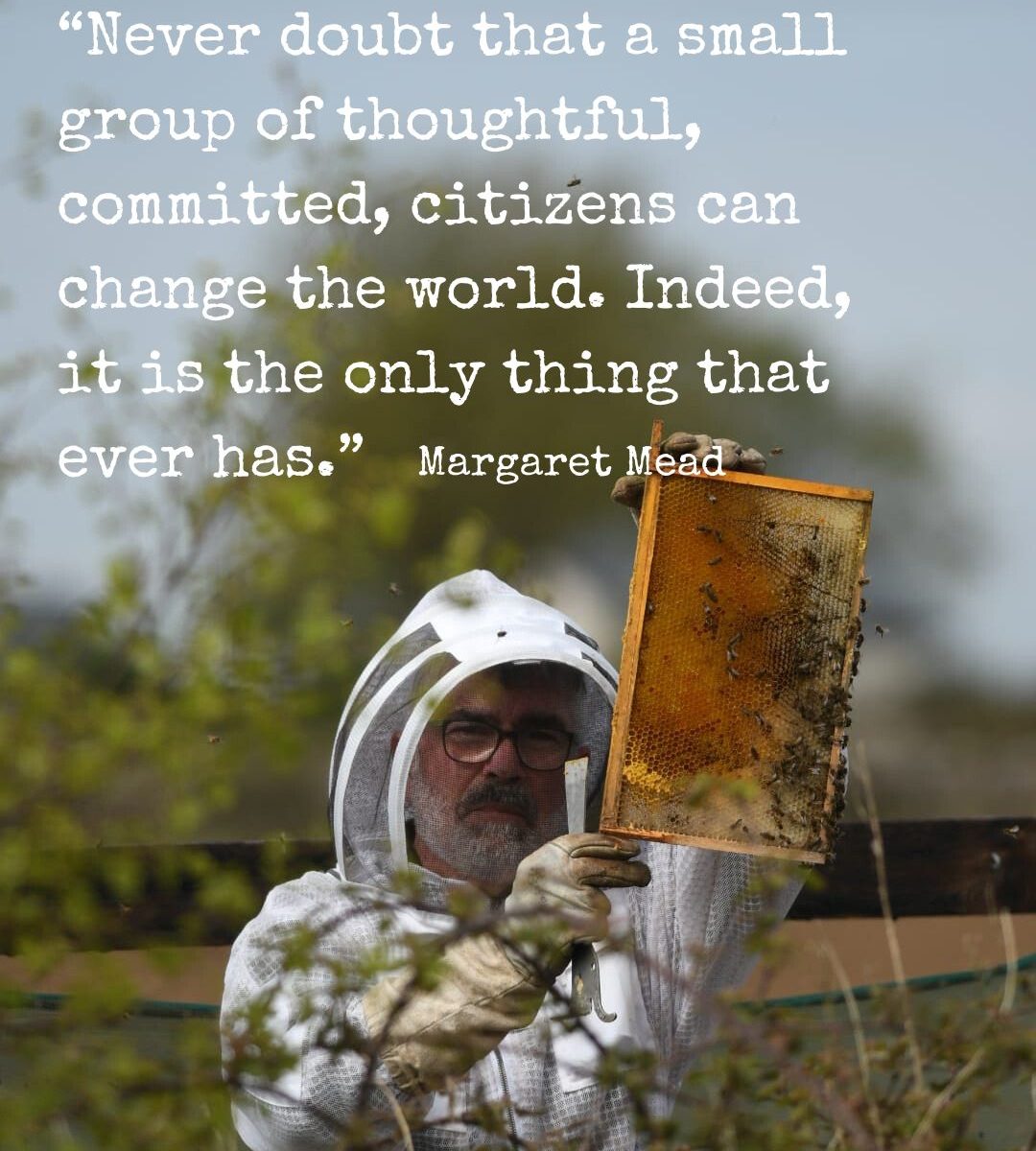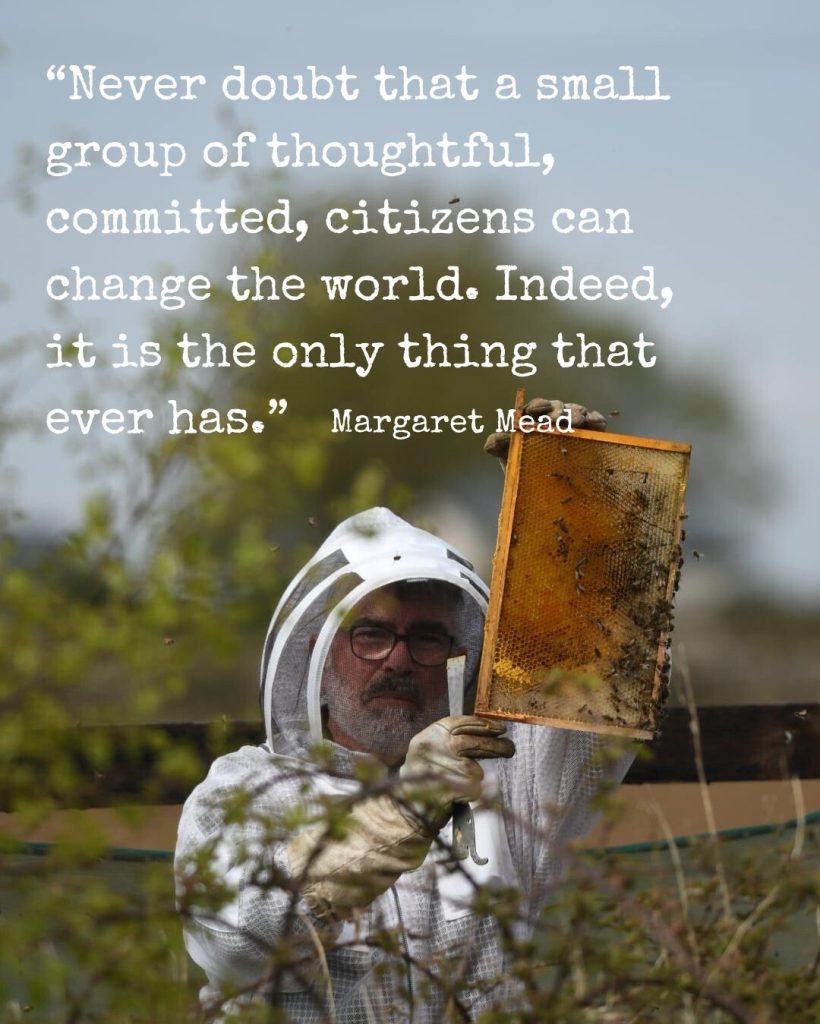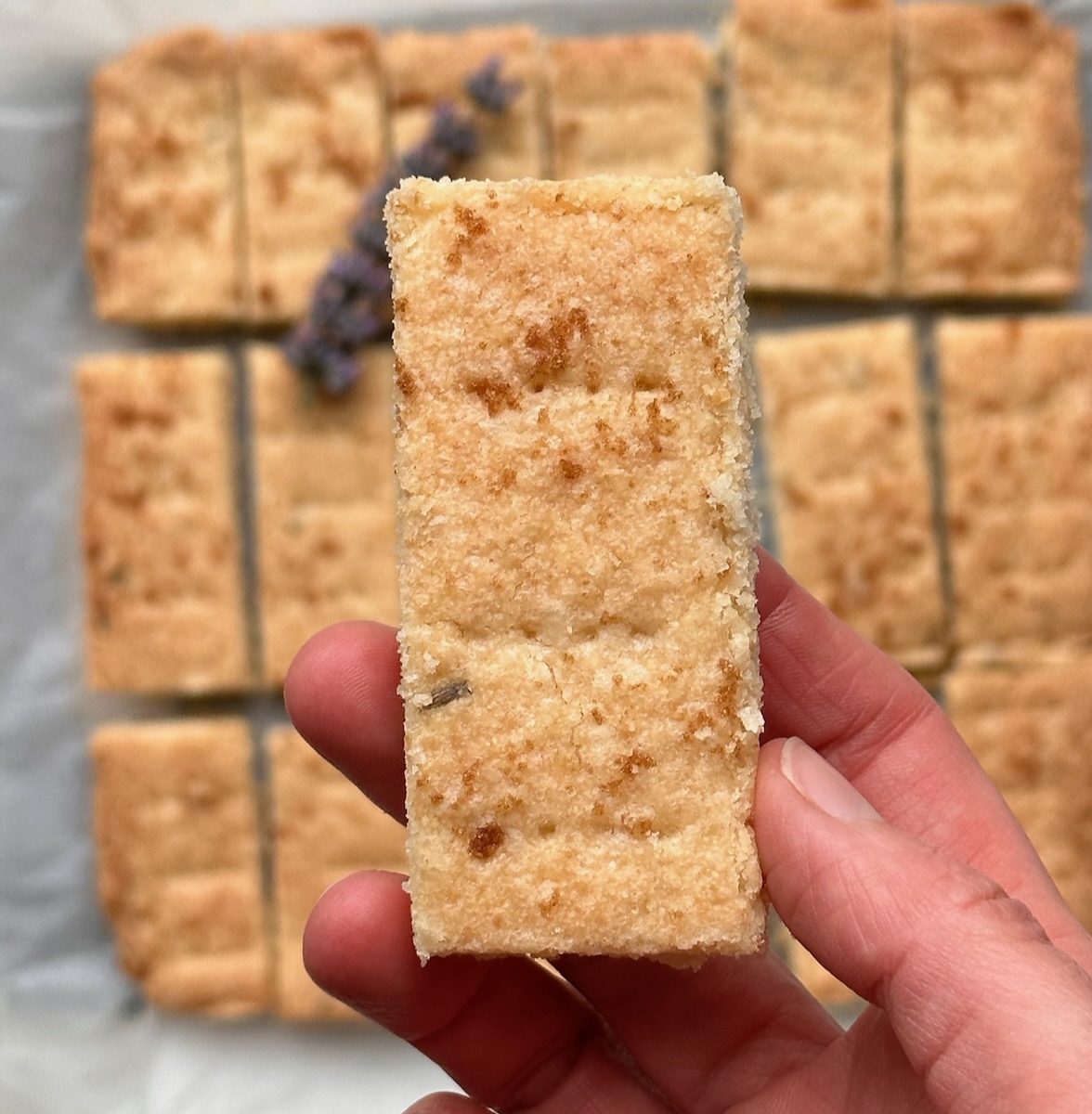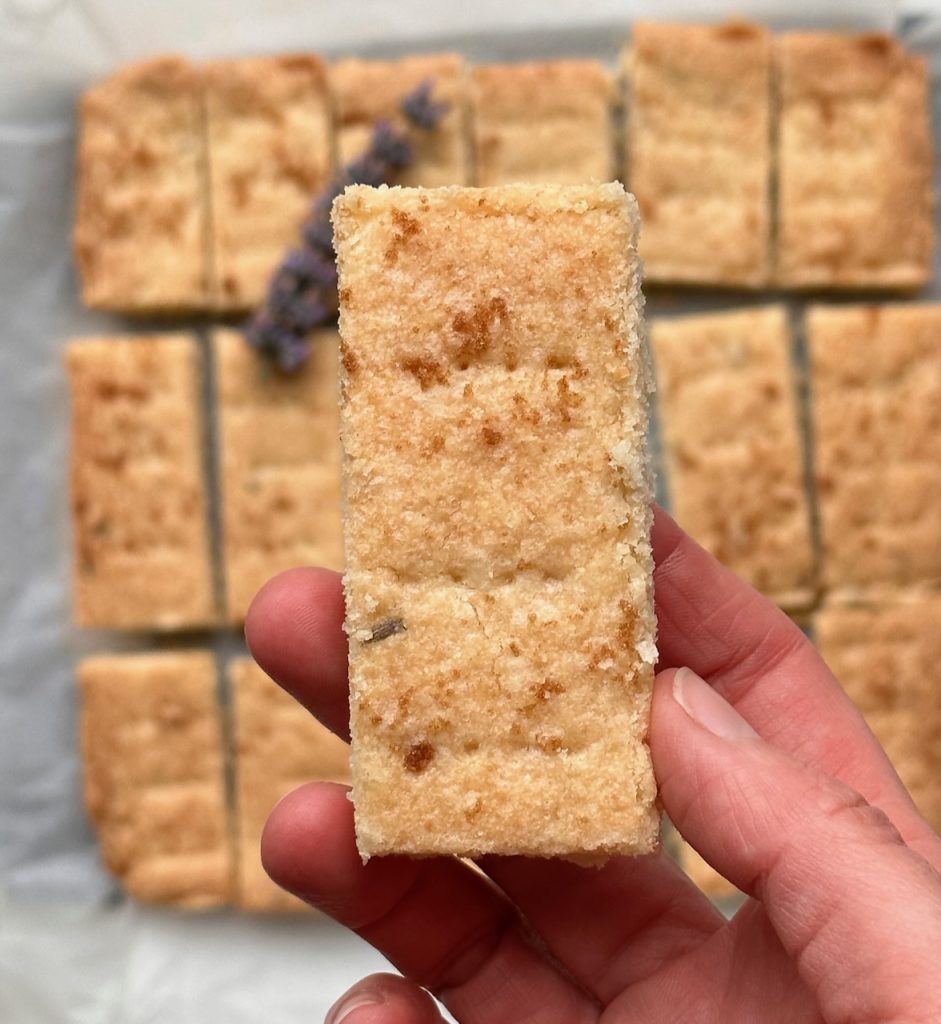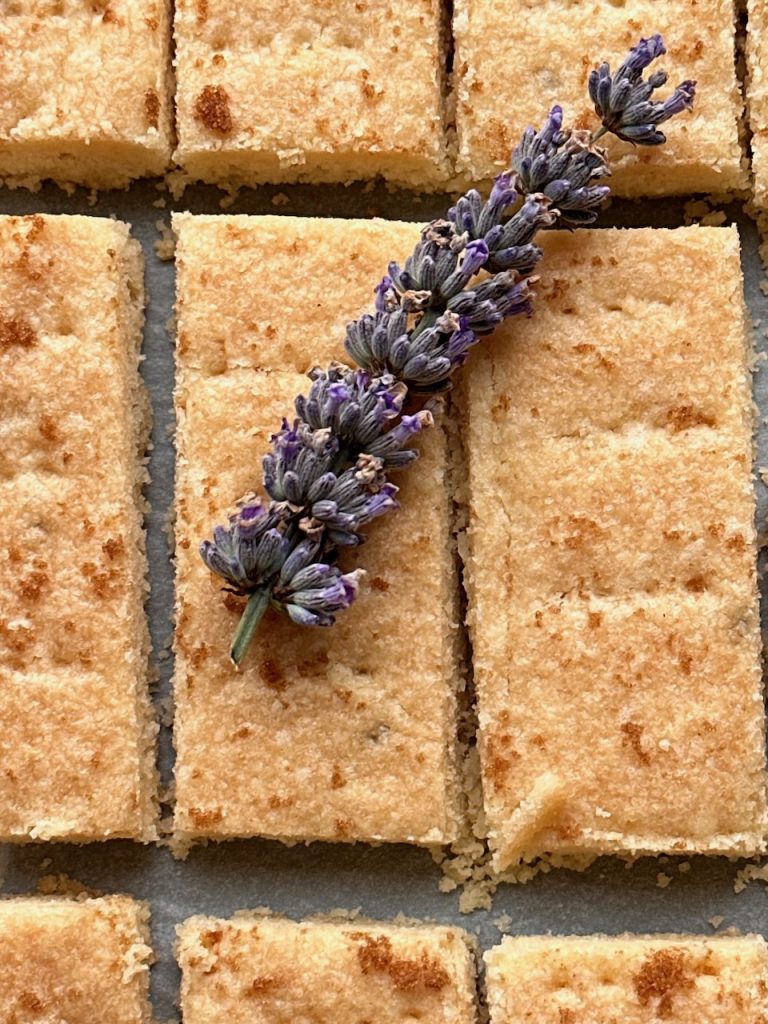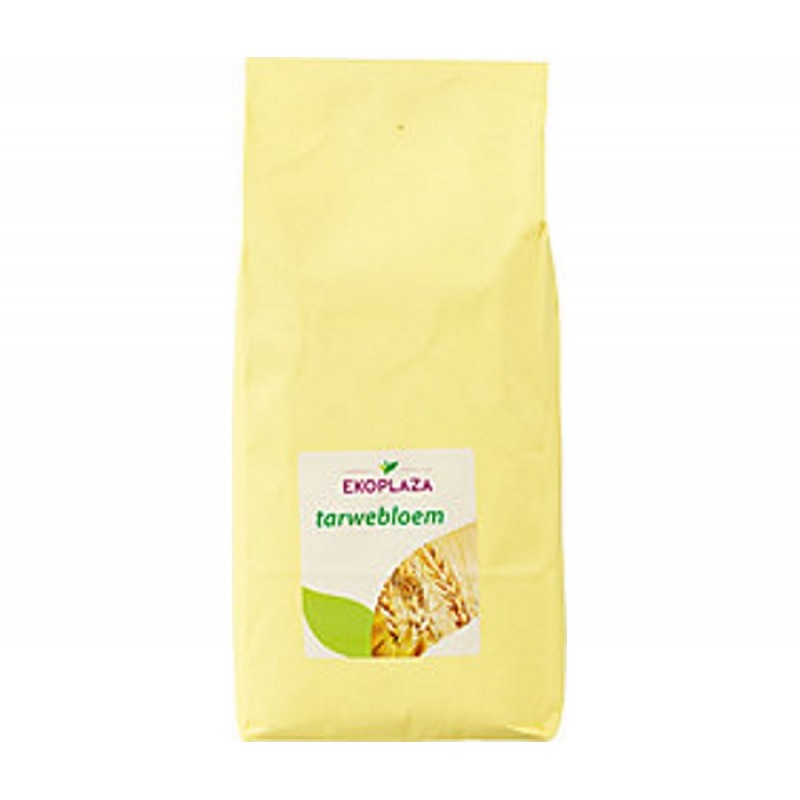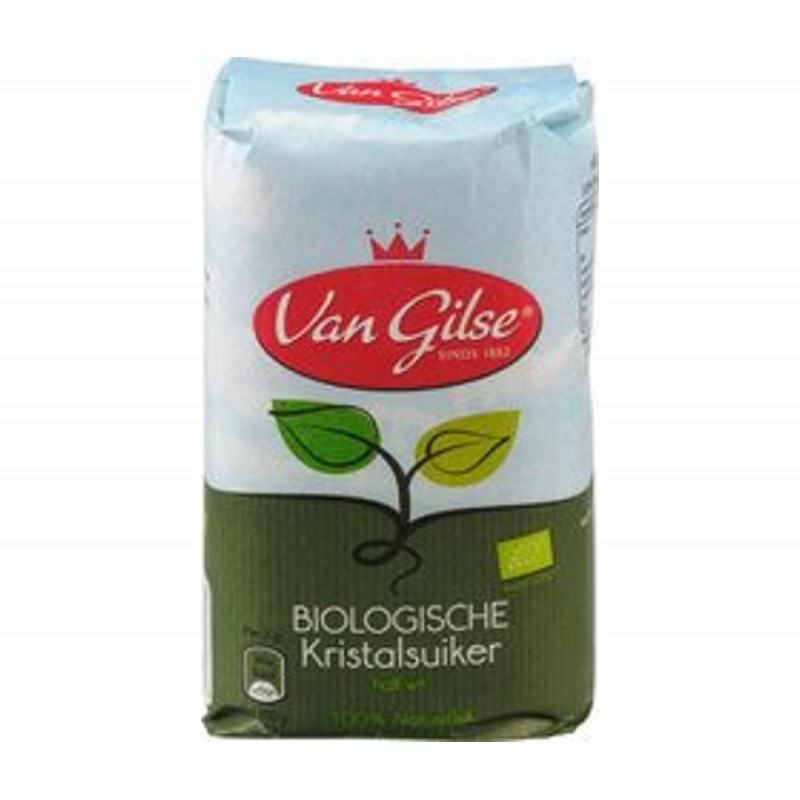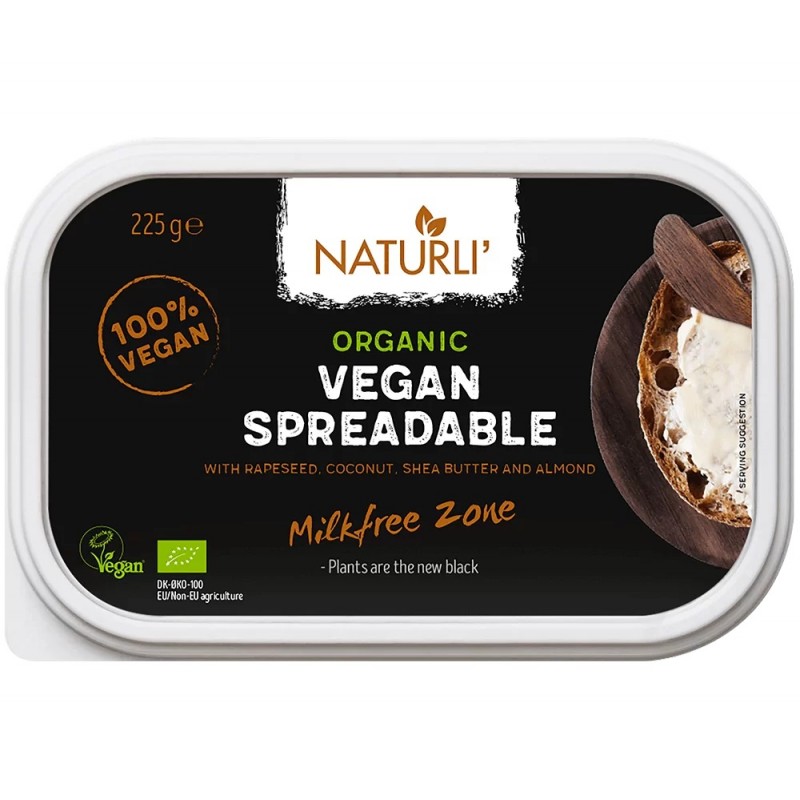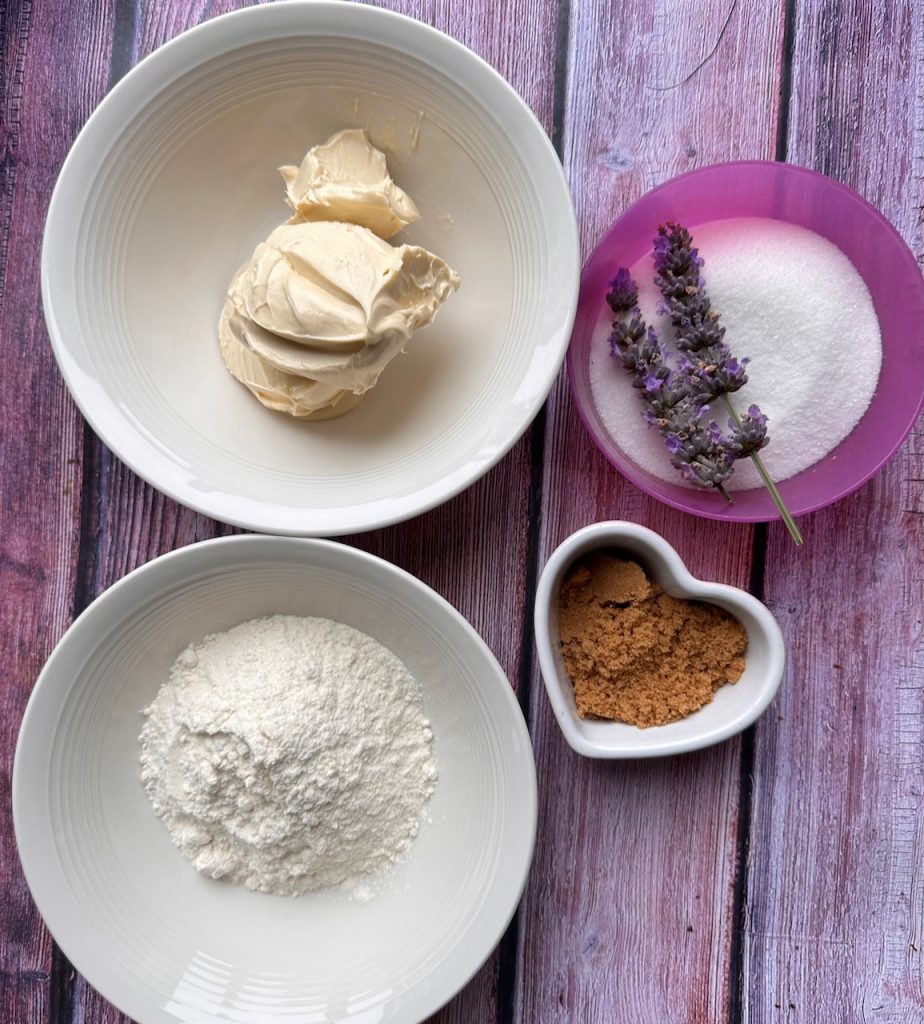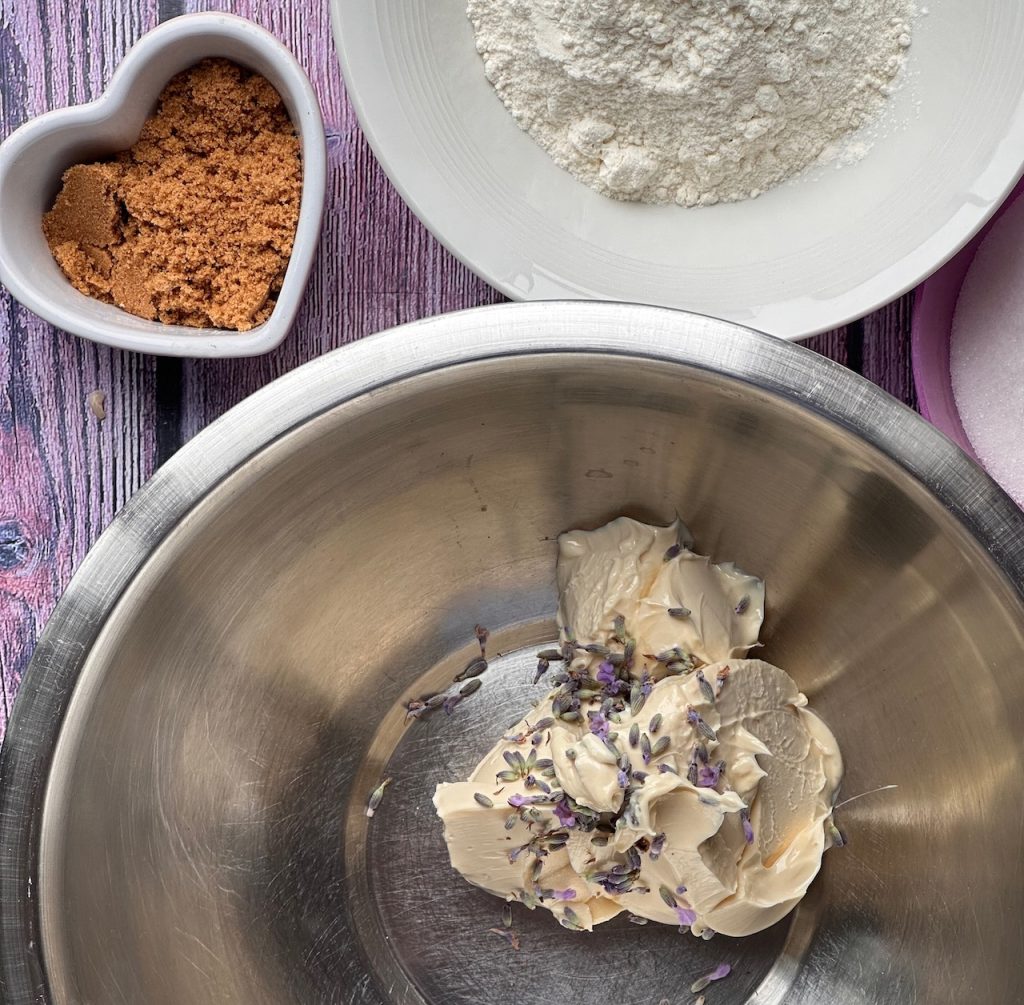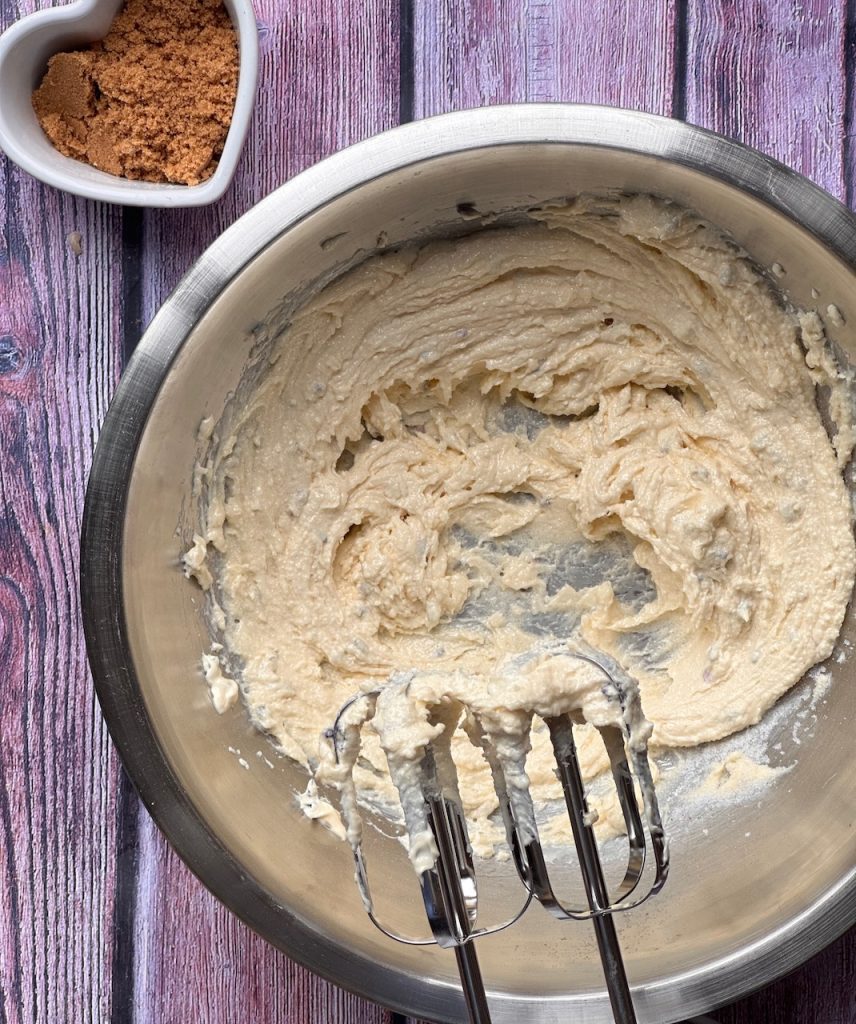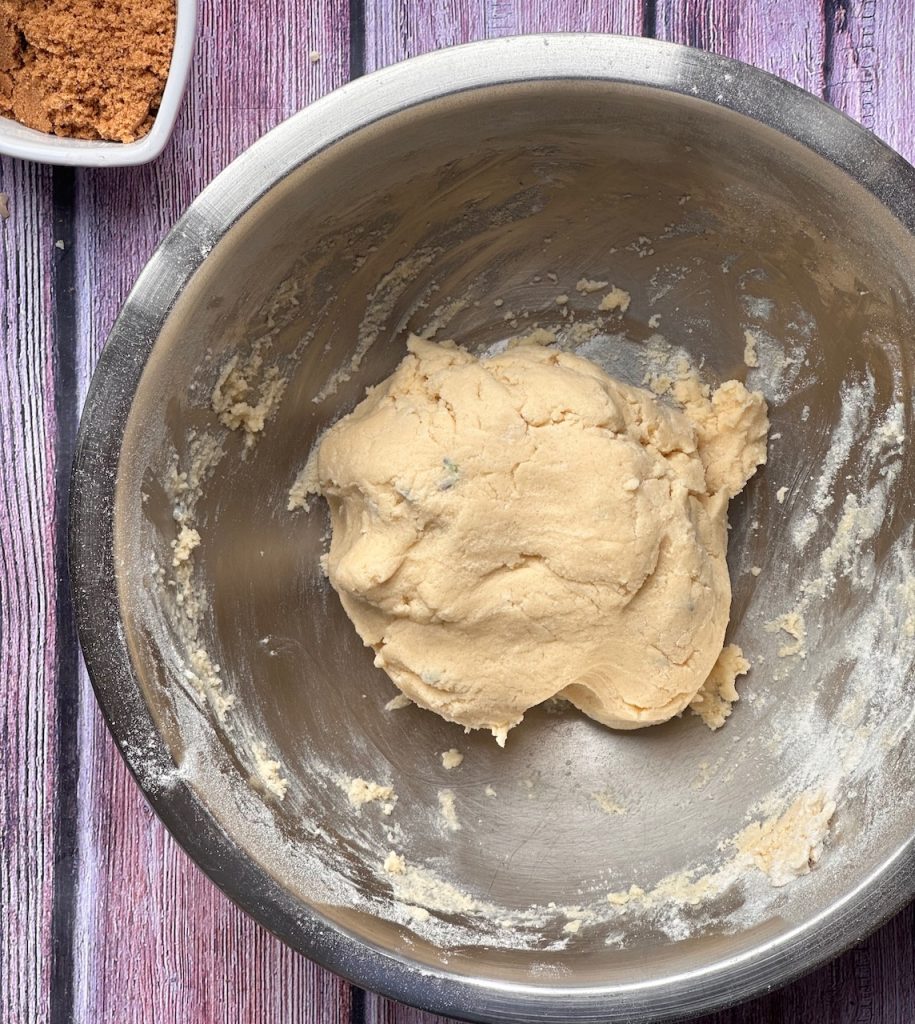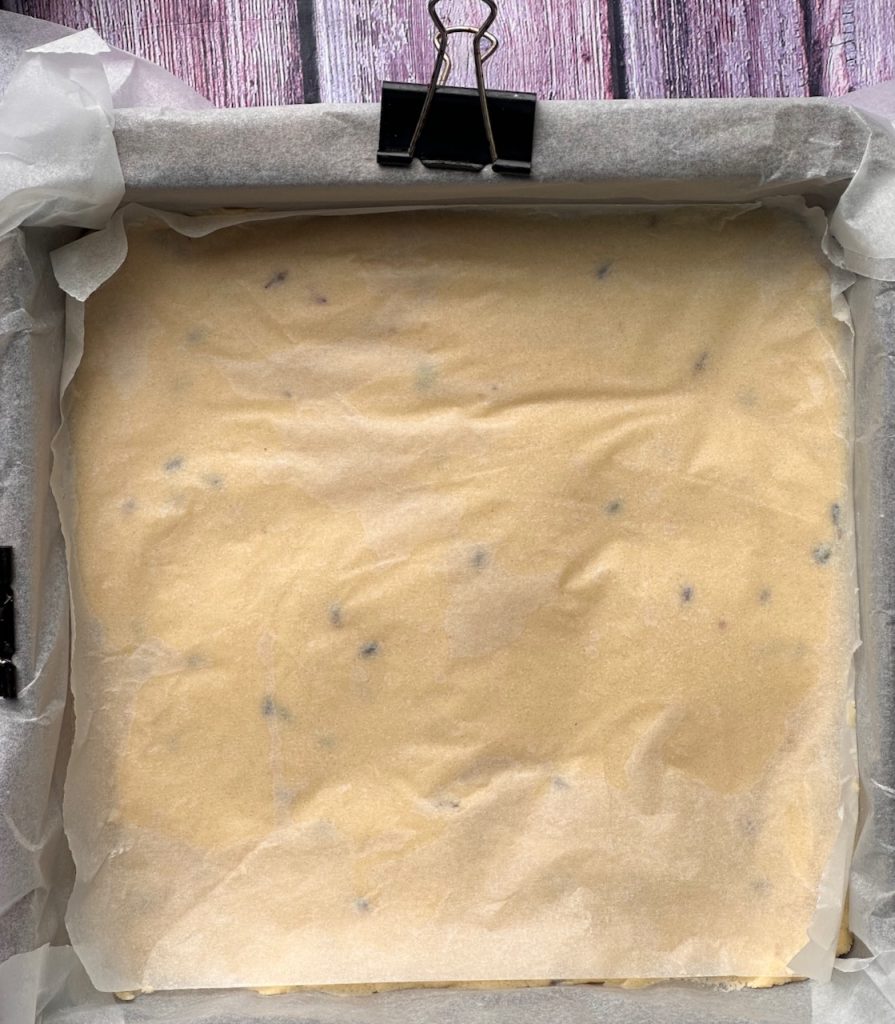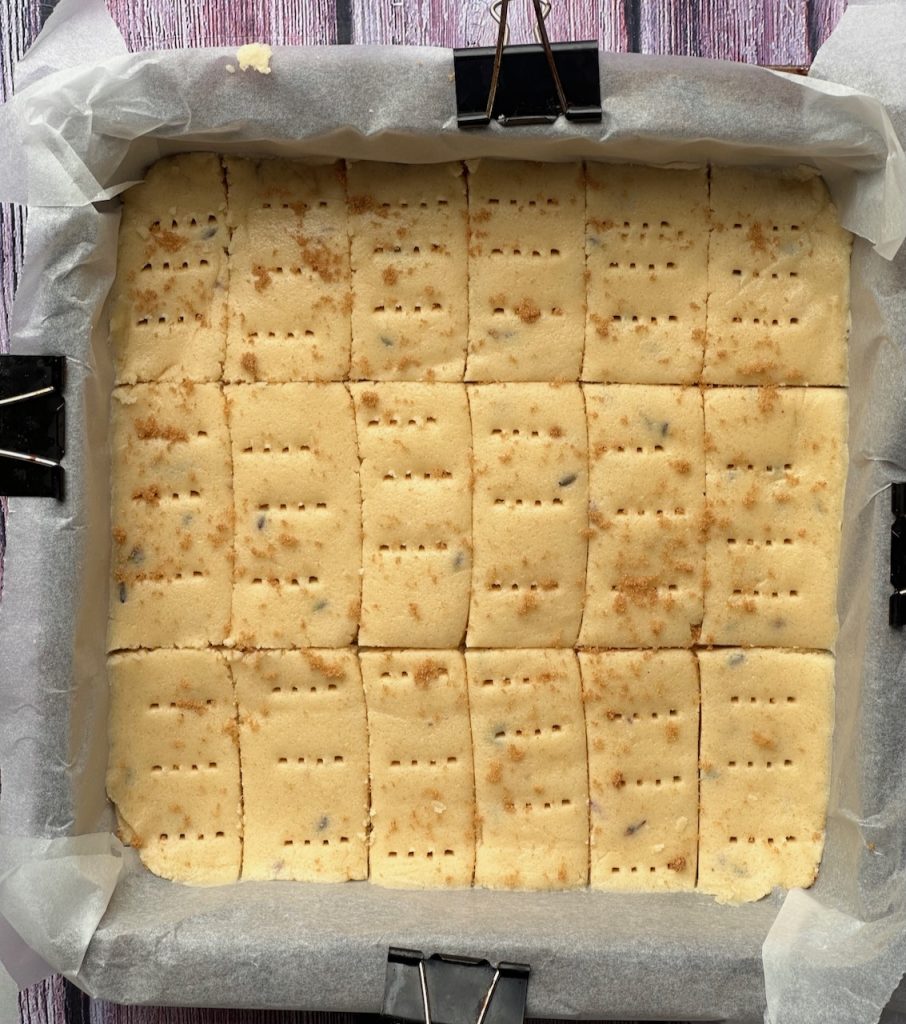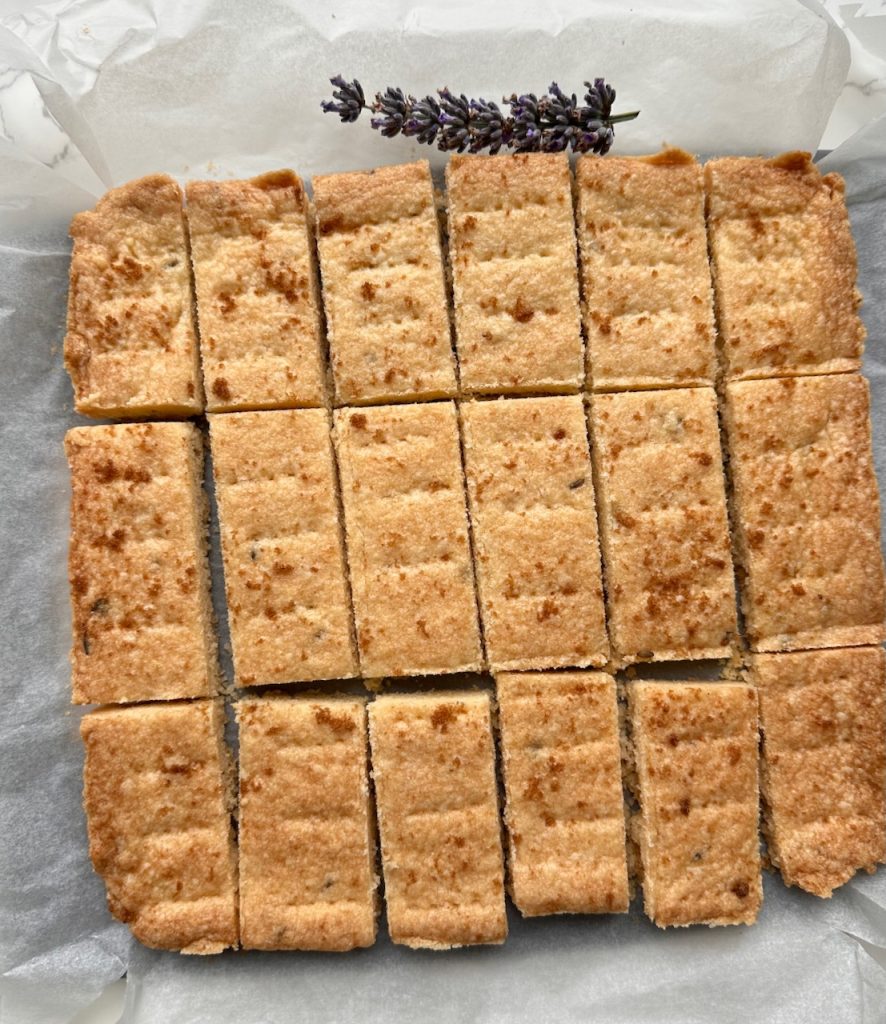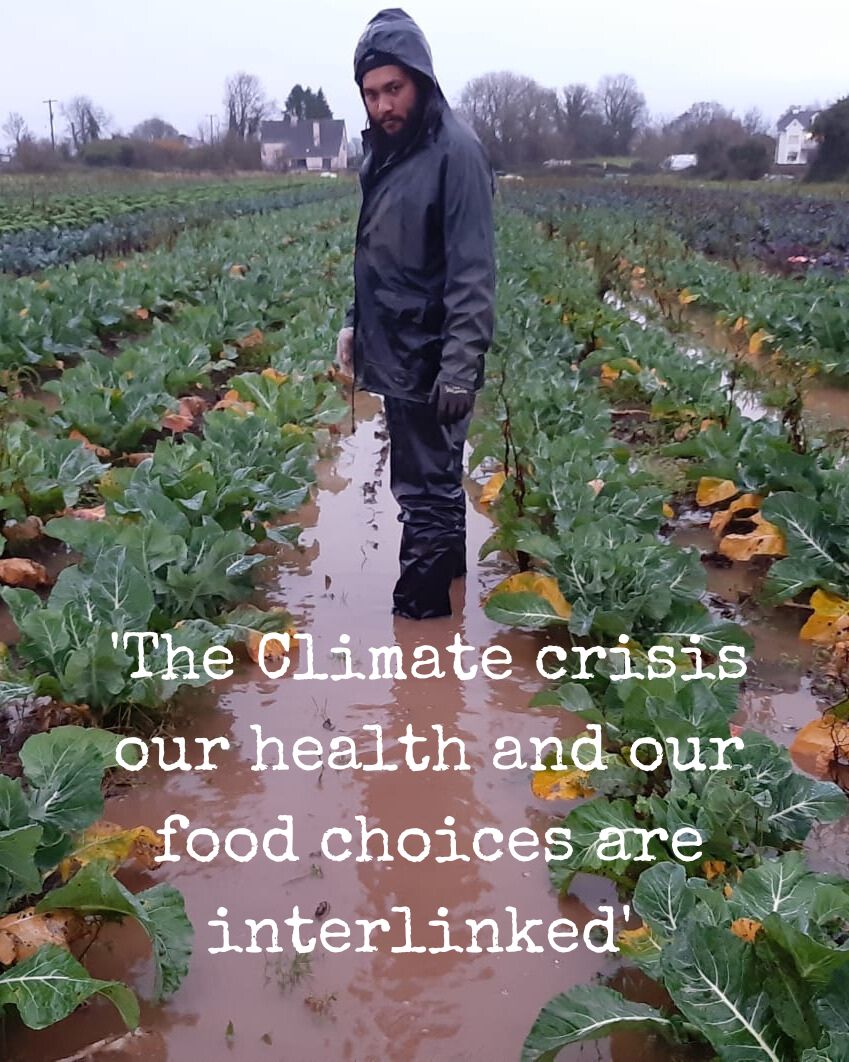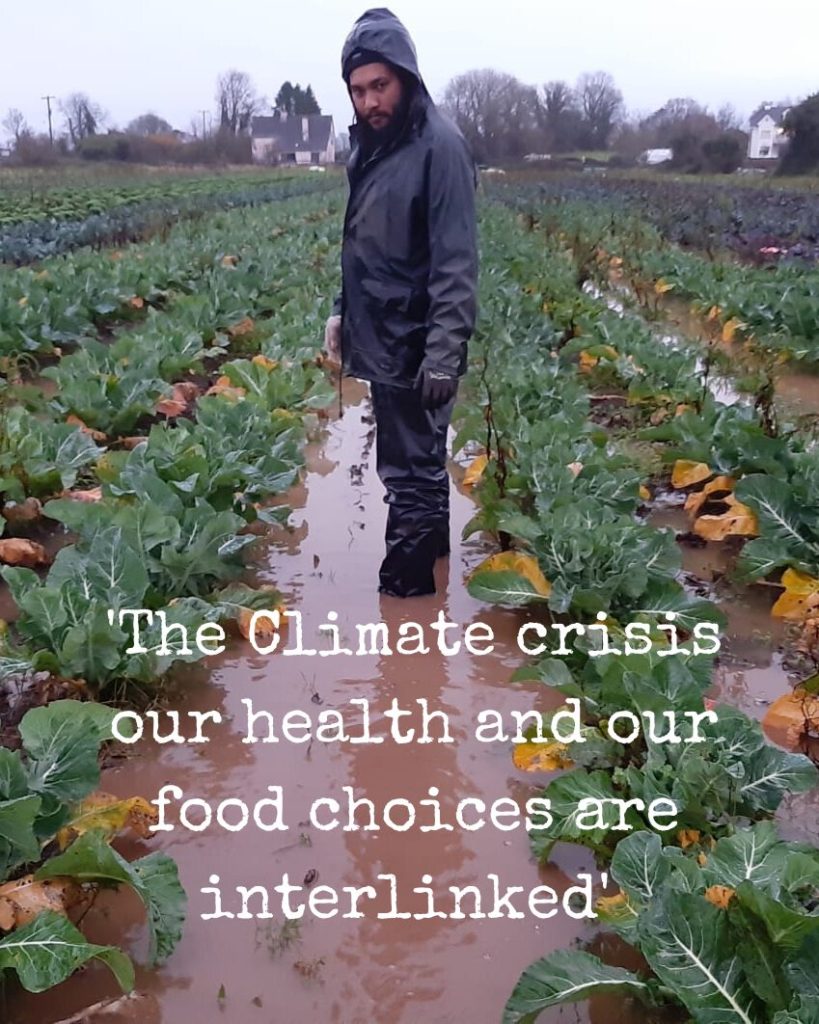We had the final farm walk of the season last Saturday. Thank you to all who came, we were blown away by the turn out. The day smiled on us too it was dry and warm and even George and Florence played their part well!
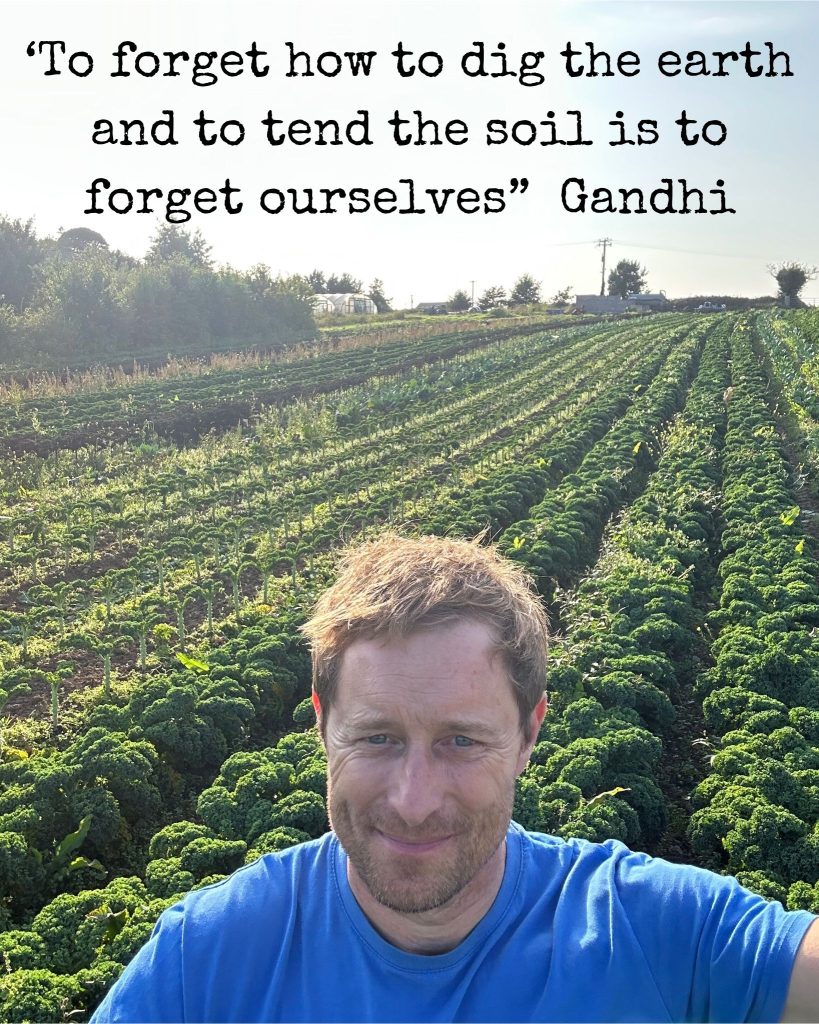
This year has been as all years are when it comes to growing and selling food in the current climate: a challenging one. Saturday helped me remember why it is we do what we do. I heard first hand, some honest and deep levels of appreciation, stories of customers that have been ordering from us for over 10 years of others who value the ethos of the business, others who were delighted to discover our farm shop tucked away here in the Galway countryside and others who just truly enjoyed the lovely organic tomatoes they got to pick in our tunnels.
I heard too an appreciation for how our planet, our environment and how we produce our food are interlinked, and how now more than ever our food system needs to change for the sake of our planet. We don’t have the deep pockets of the supermarkets and it is hard to compete in a landscape dominated by these corporations that control the gates to our food system.
As gatekeepers they control how much producers are paid, and they continue to devalue and ‘loss lead’ with fresh produce. We do the best we can, but growing, packing, and delivering food (all done as sustainably as is possible) to people’s doors is an expensive business. We cannot compete with celery for 49c. But critically as consumers we need to have the option to choose food that is grown sustainably, now more than ever before, and we as growers and sellers need the breathing space to be able to survive and dare I say it, thrive, to develop truly sustainable farms and food businesses. Here are 5 reasons why:
- Healthy sustainable food nourishes our bodies, naturally: Organic food supercharges our health. Unlike conventionally grown food, it’s free from synthetic pesticides, herbicides, and genetically modified organisms (GMOs).
- Preserving our planet: Organic farming practices are a breath of fresh air for our planet. By avoiding synthetic chemicals, we protect soil health, promote biodiversity, and reduce water pollution.
- Tasting the difference: Take one bite of a local organic carrot, and you’ll understand.
- Supporting local communities: Organic farming often prioritizes small-scale, family-owned operations, which helps create jobs and strengthens local economies. By choosing organic, we’re investing in a greener, fairer future for everyone.
- Protecting future generations: Organic farming practices help preserve fertile soil and protect biodiversity, ensuring that future generations can continue to enjoy our planet.
Indeed as Gandhi said ‘To forget how to dig the earth and to tend the soil is to forget ourselves’
The feedback from you our customers brought me back to my roots and reminded me that maybe we are on the right track and that we must continue to fight for our health and the health of the planet. Thank you so much to those of you who said thank you, it is appreciated and makes a difference. It also reaffirmed my belief that we are not alone and there are many out there who care about how our food is grown and the affect it has on our planet.
You are the very ones that are changing the world.
Thank you.
Kenneth
PS A big thank you to the two ladies from St Vincent De Paul who came to the farm walk to say thank you for all the food donations. They told me how the fresh food that we deliver to them each week is making a massive difference to families who otherwise would not be able to afford fresh local food. So a massive thank you to all our customers who have chosen a “Charity box” you can rest assured that it is being put to very good use.

